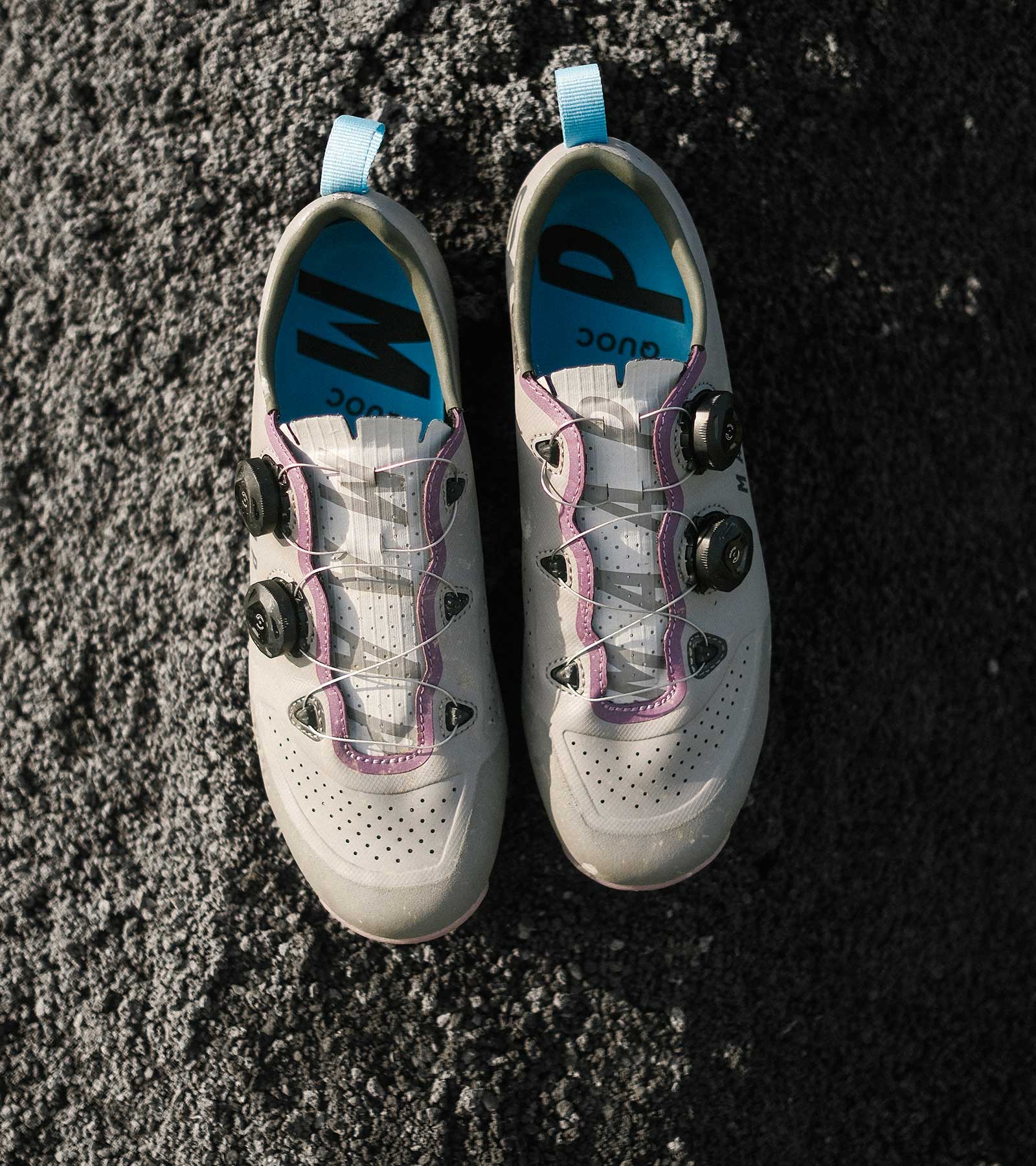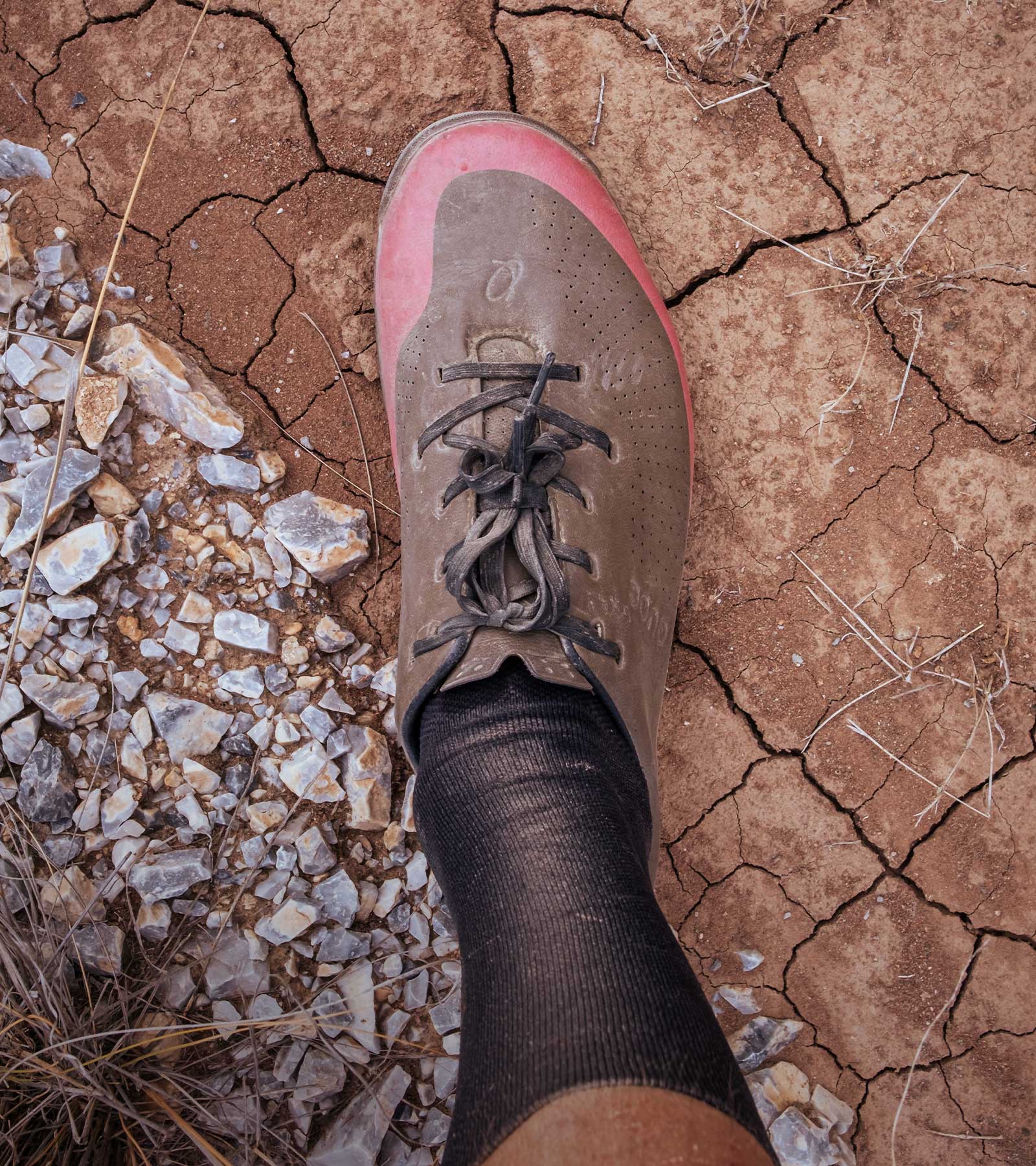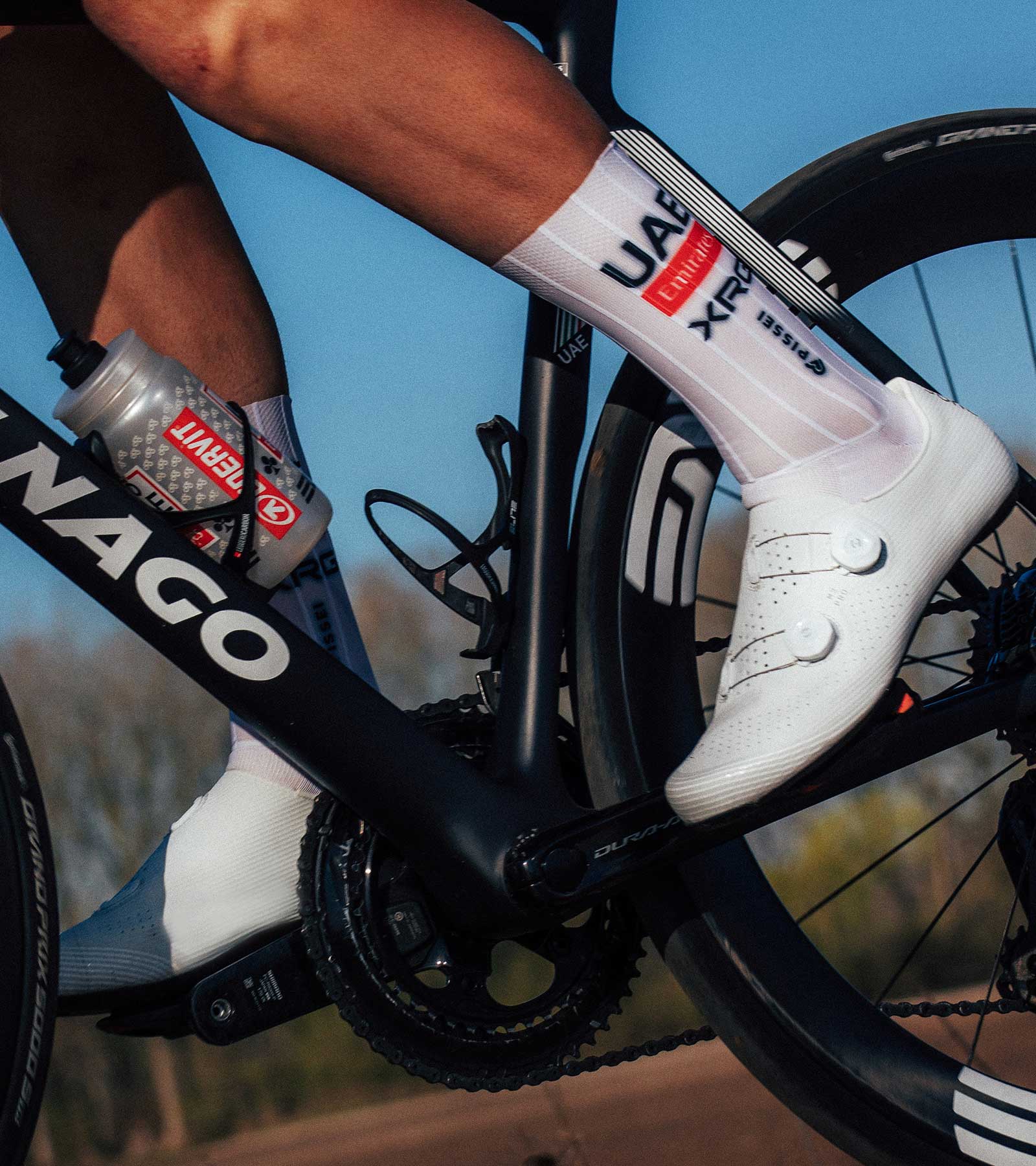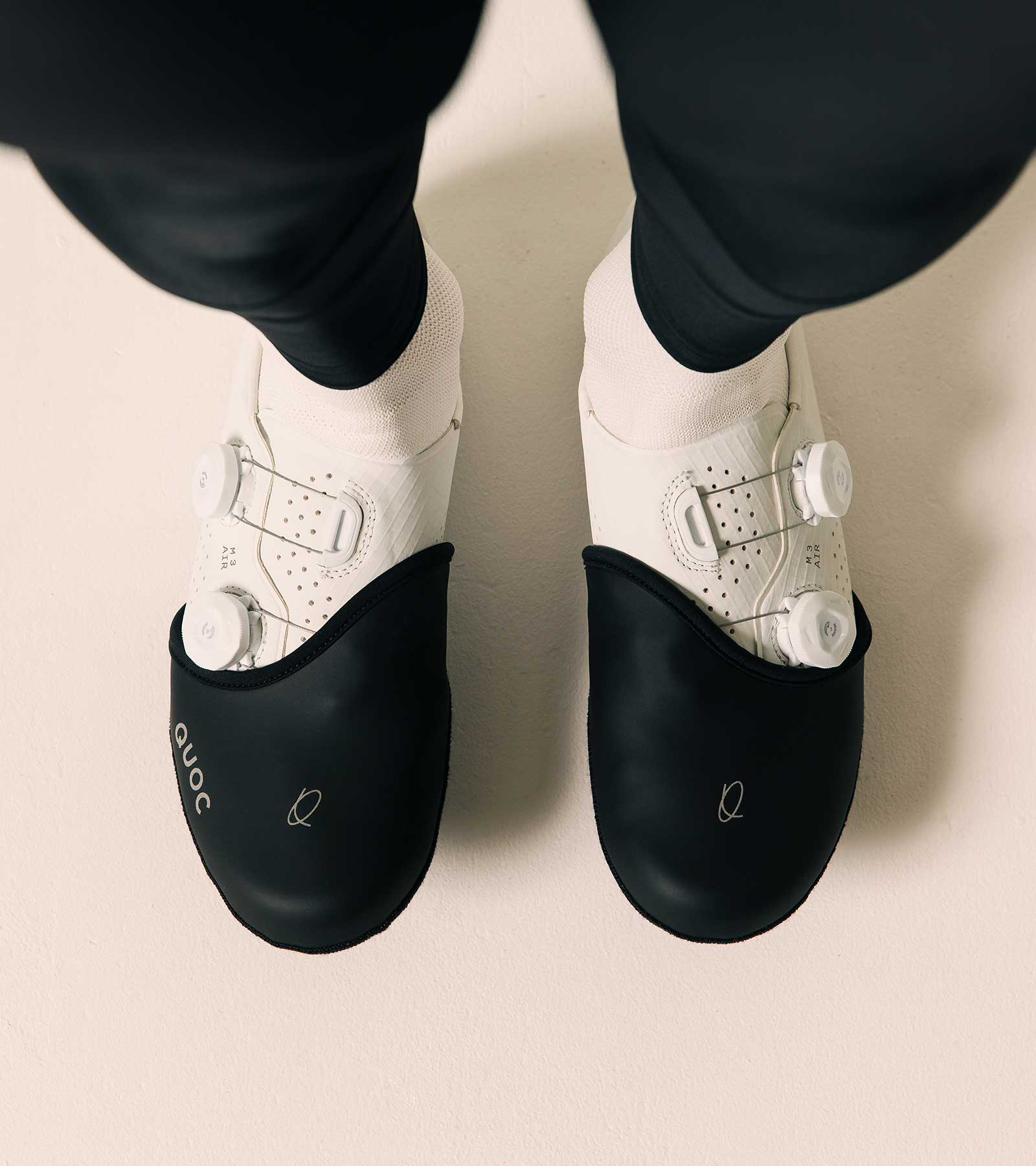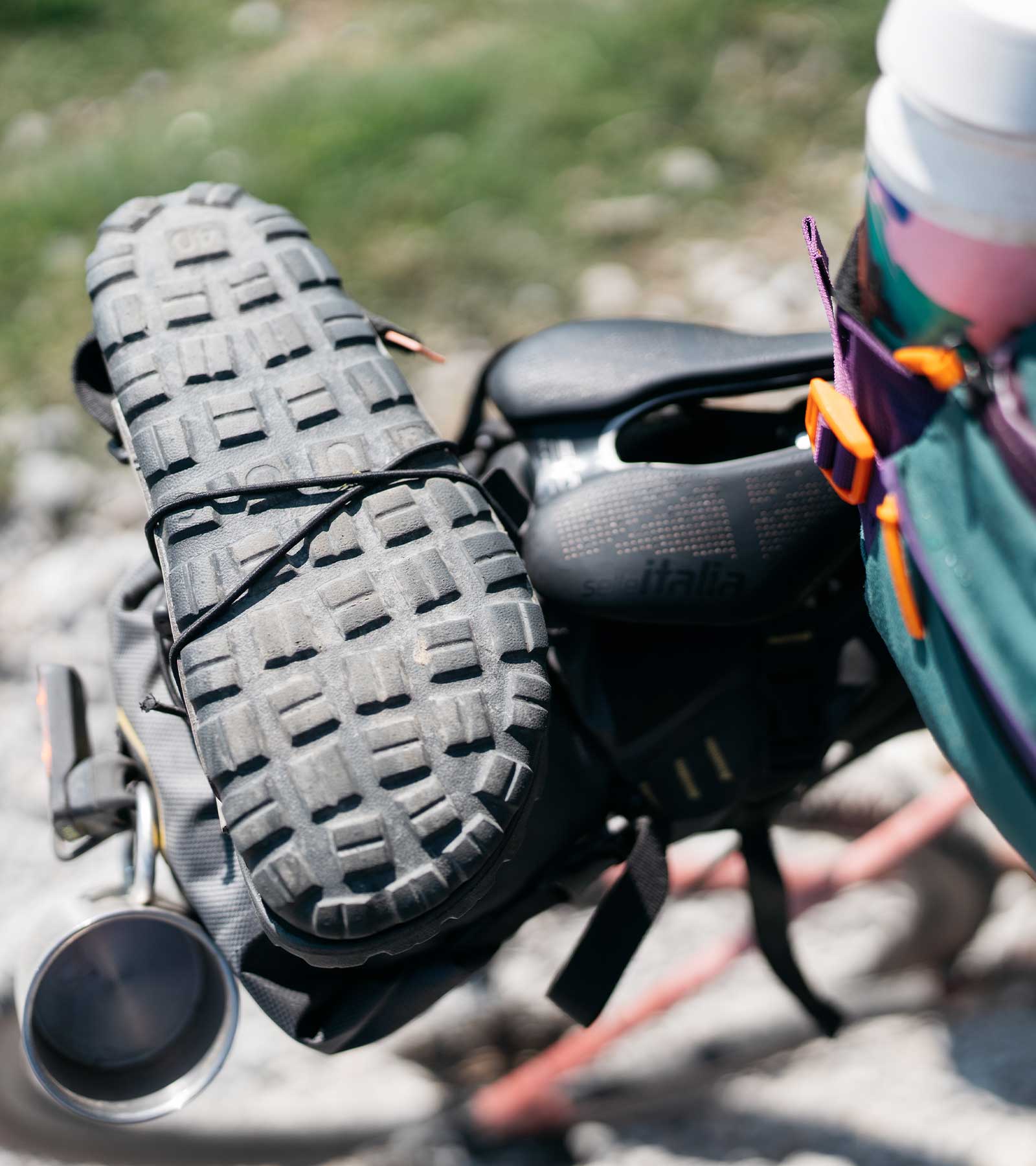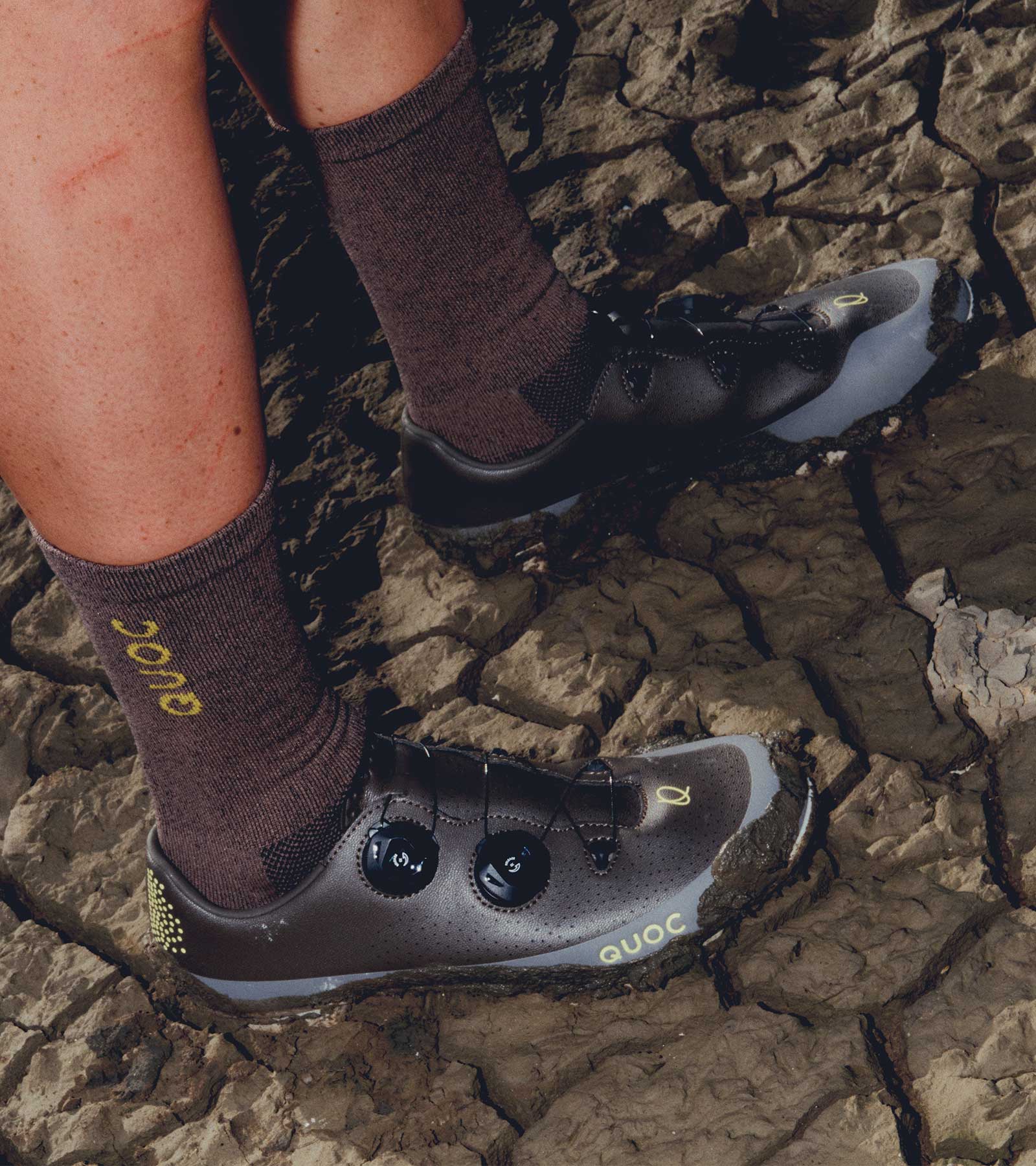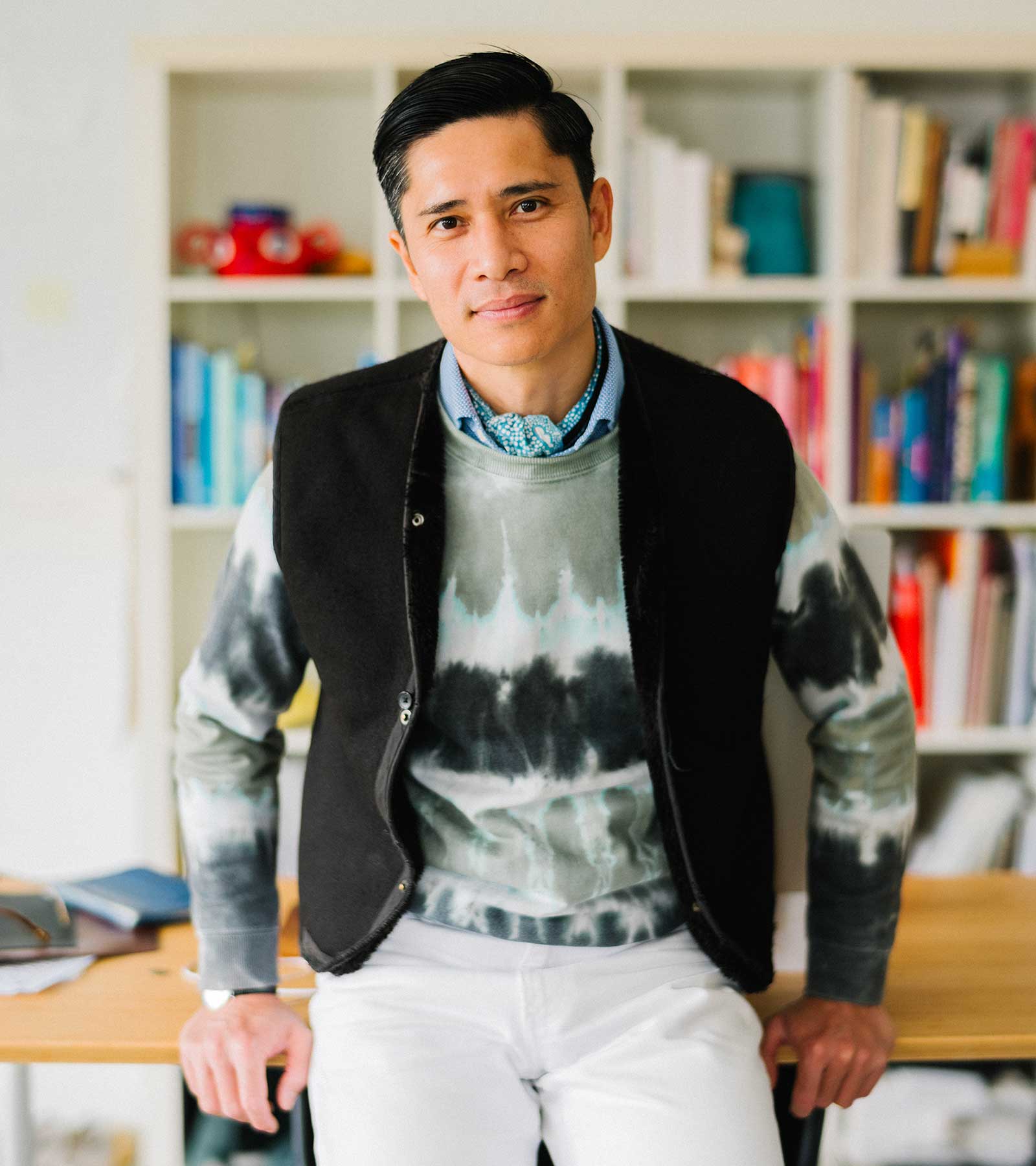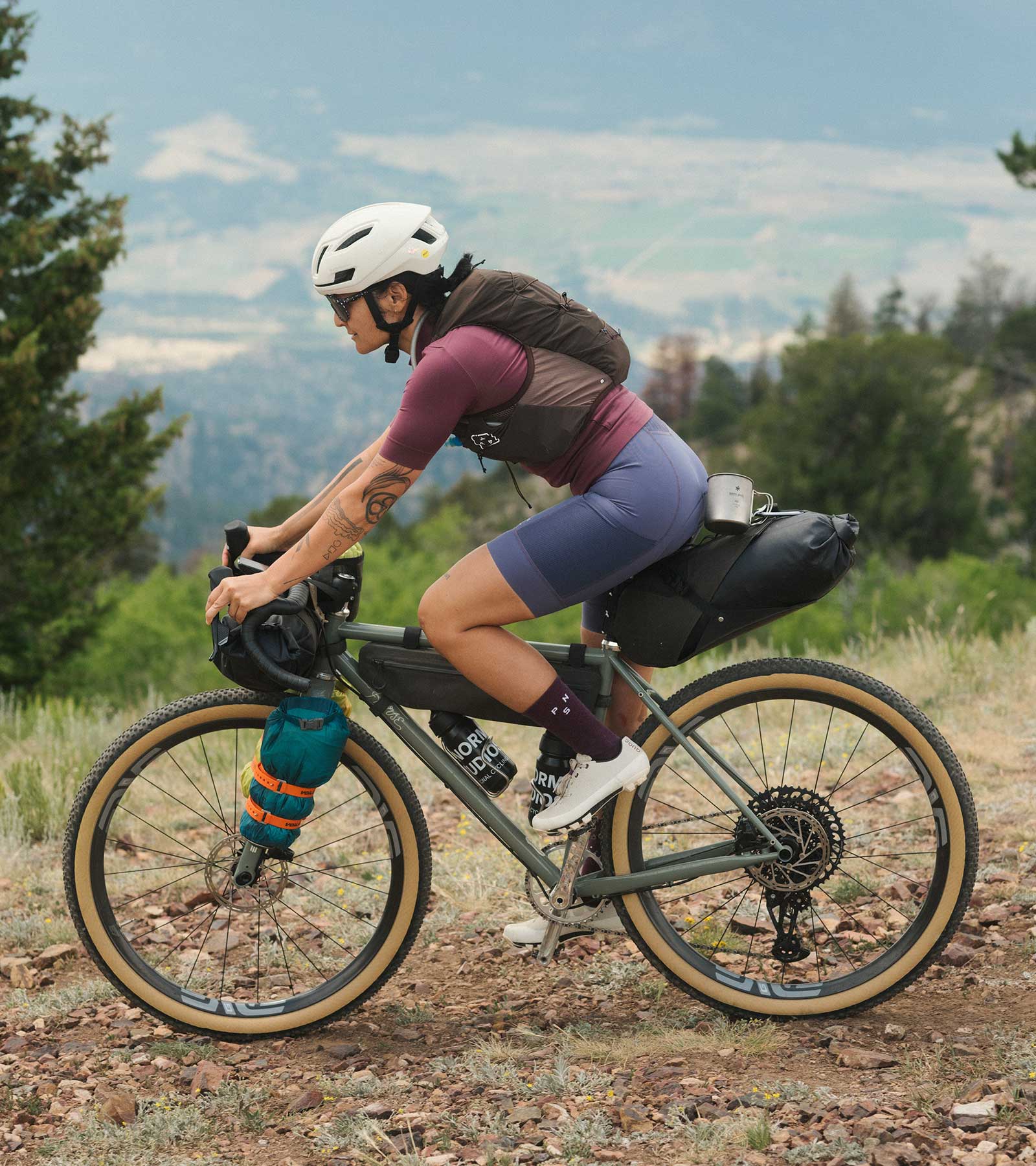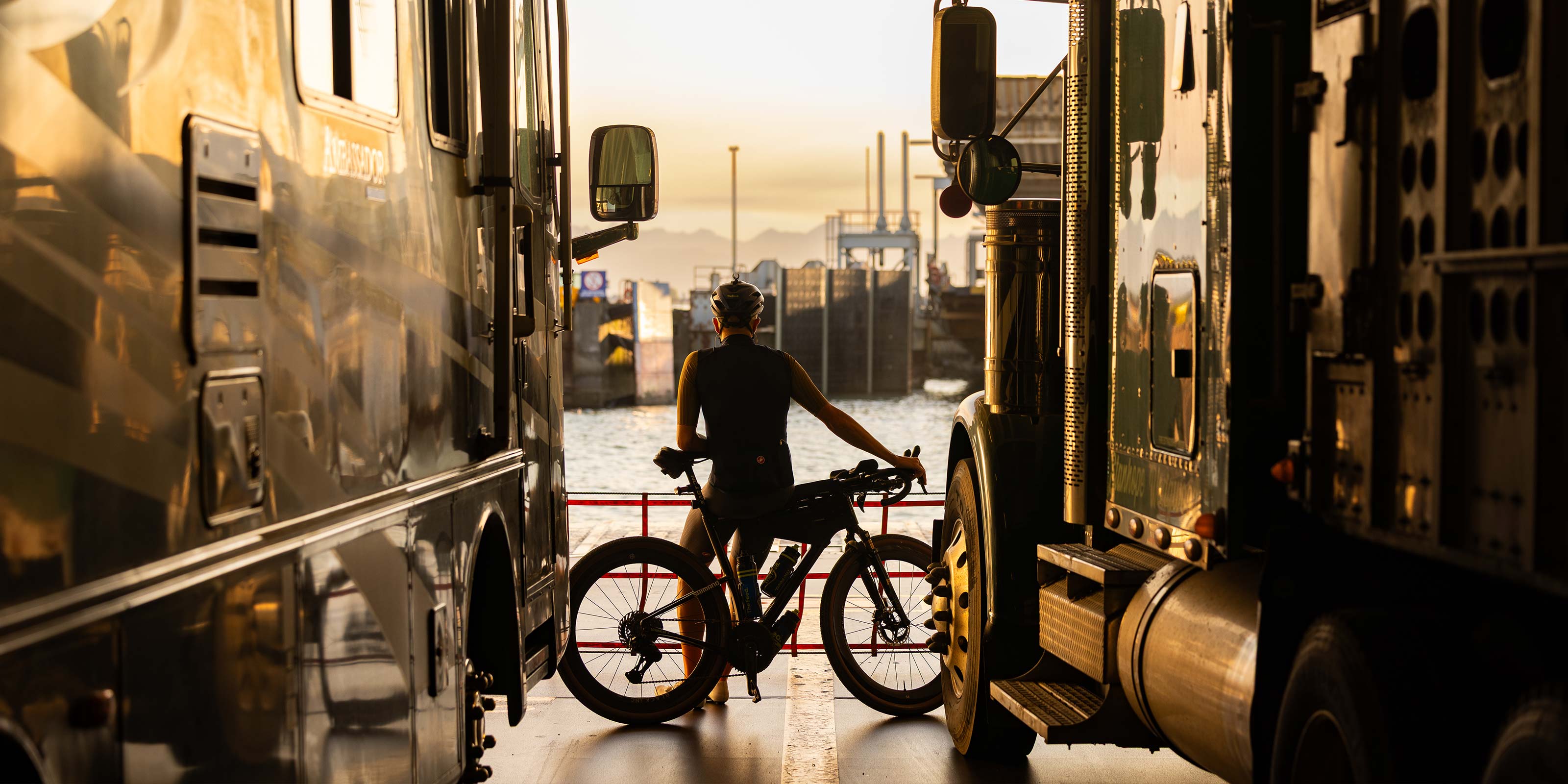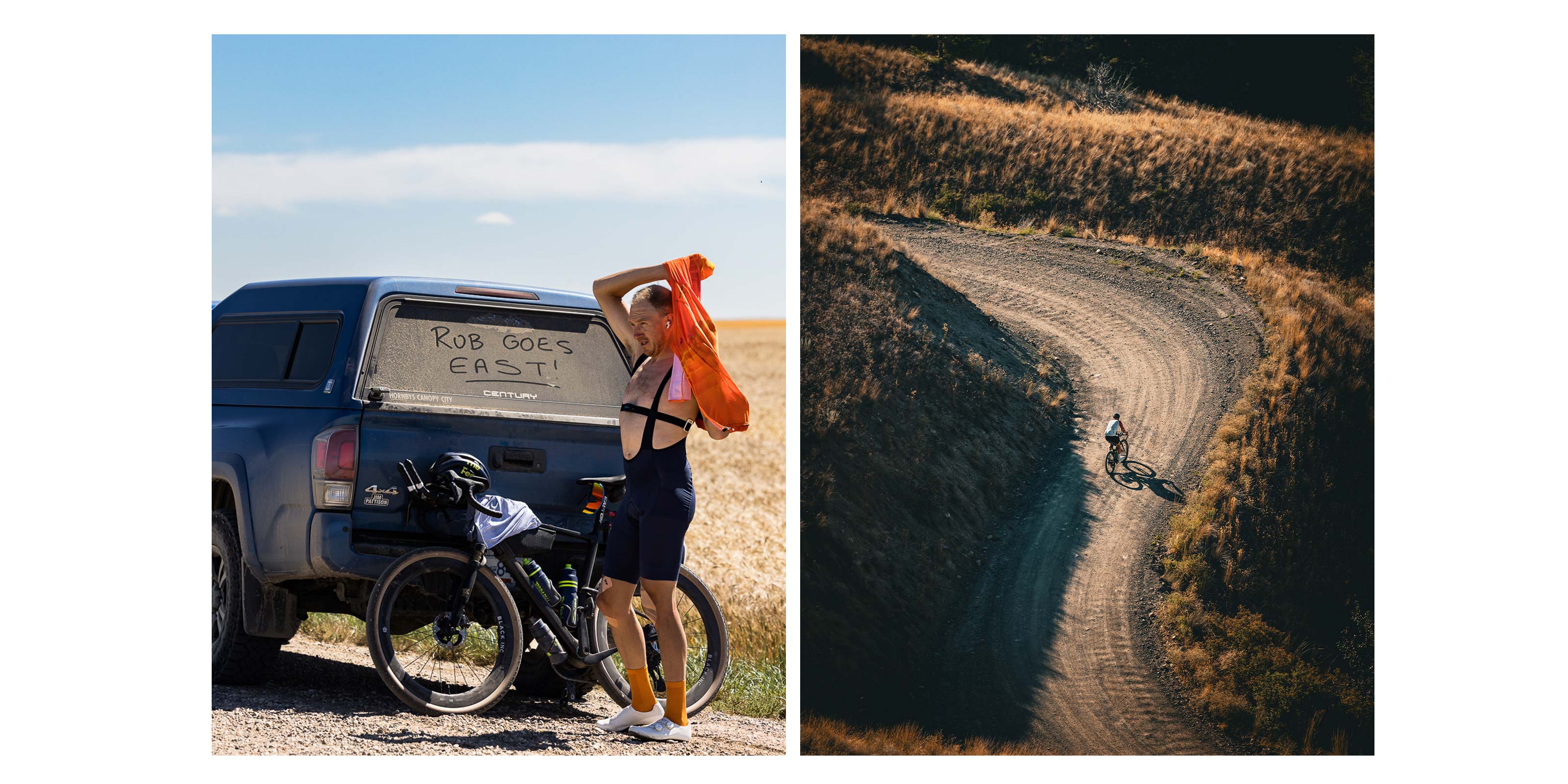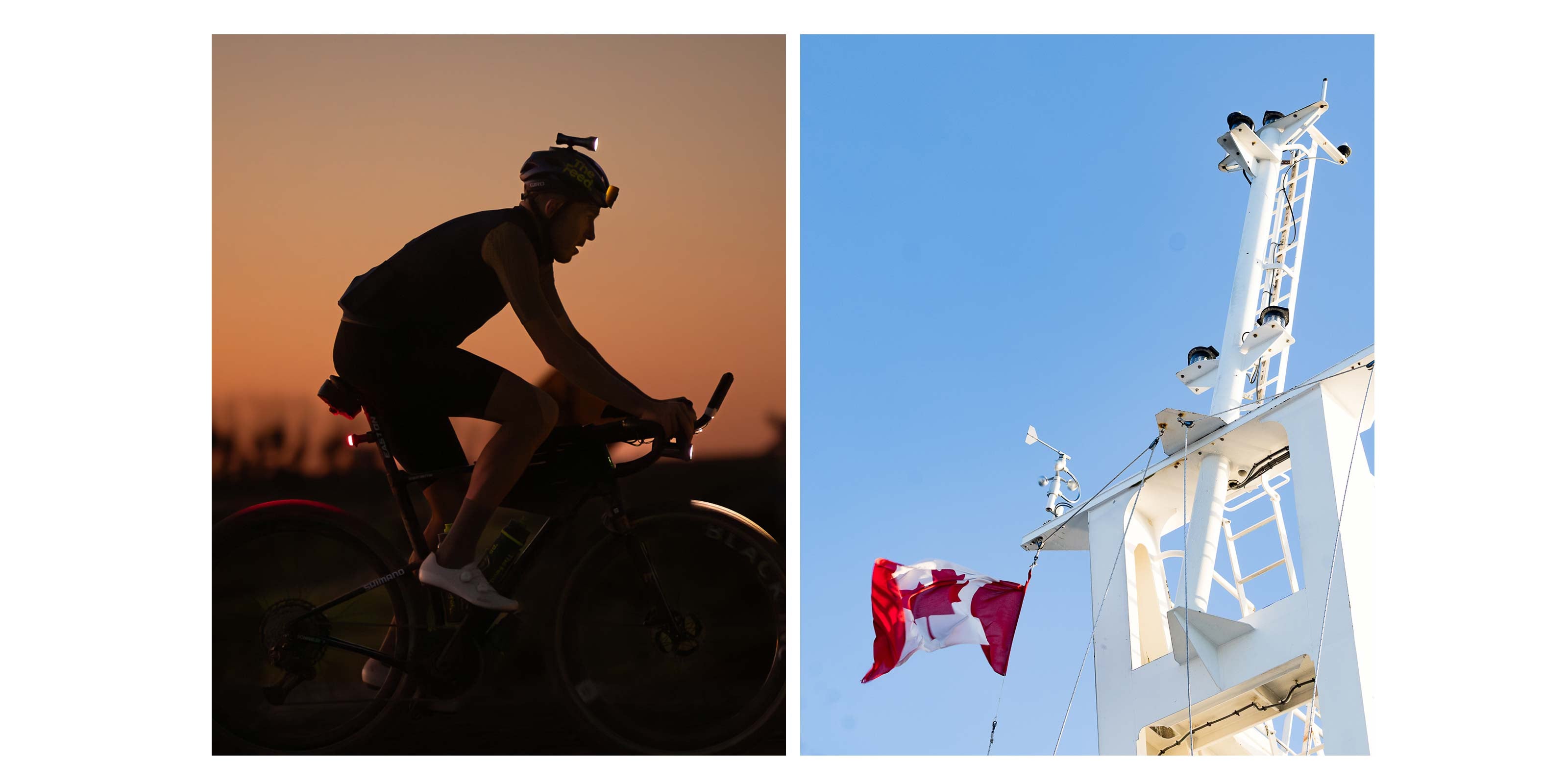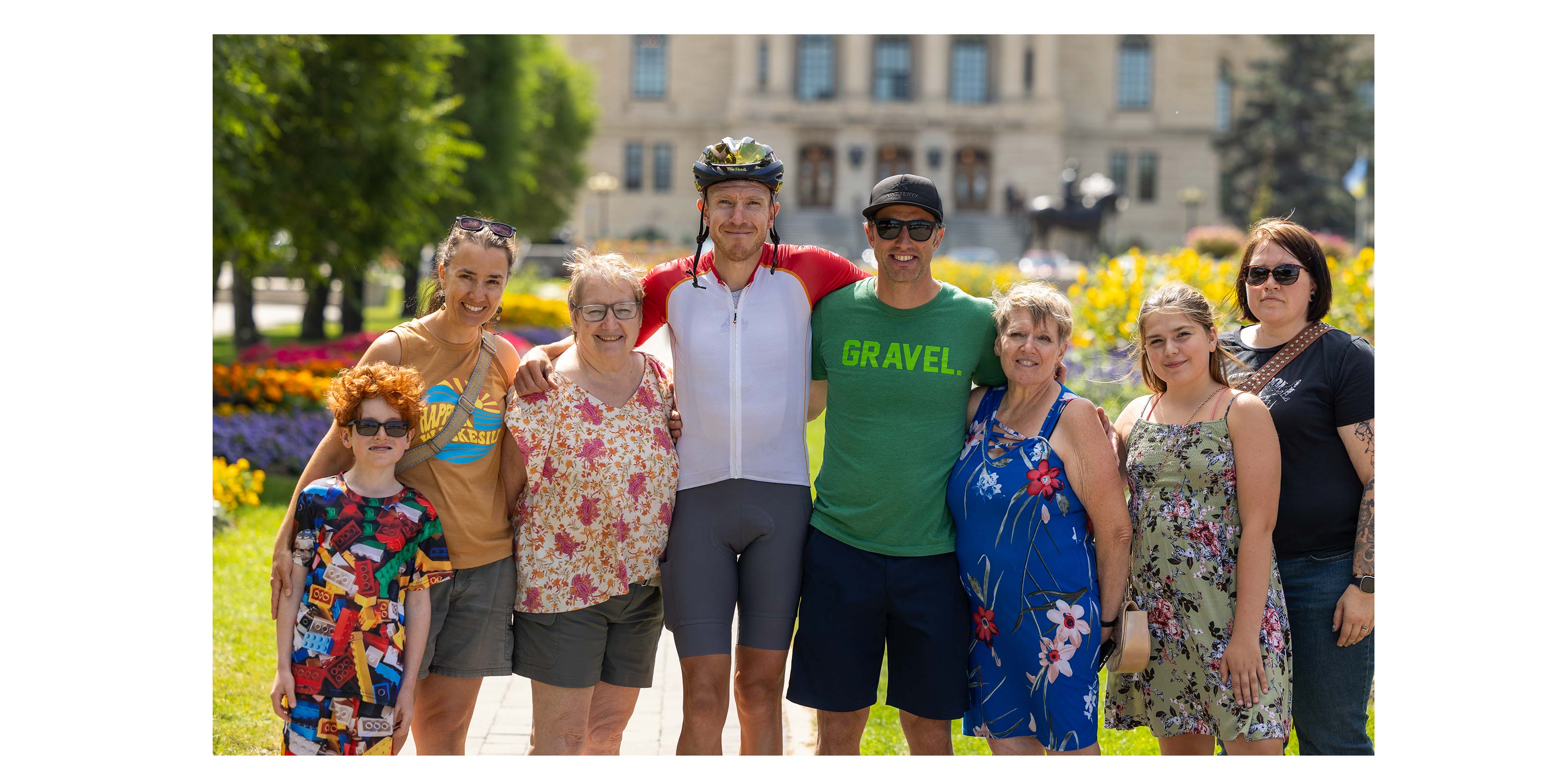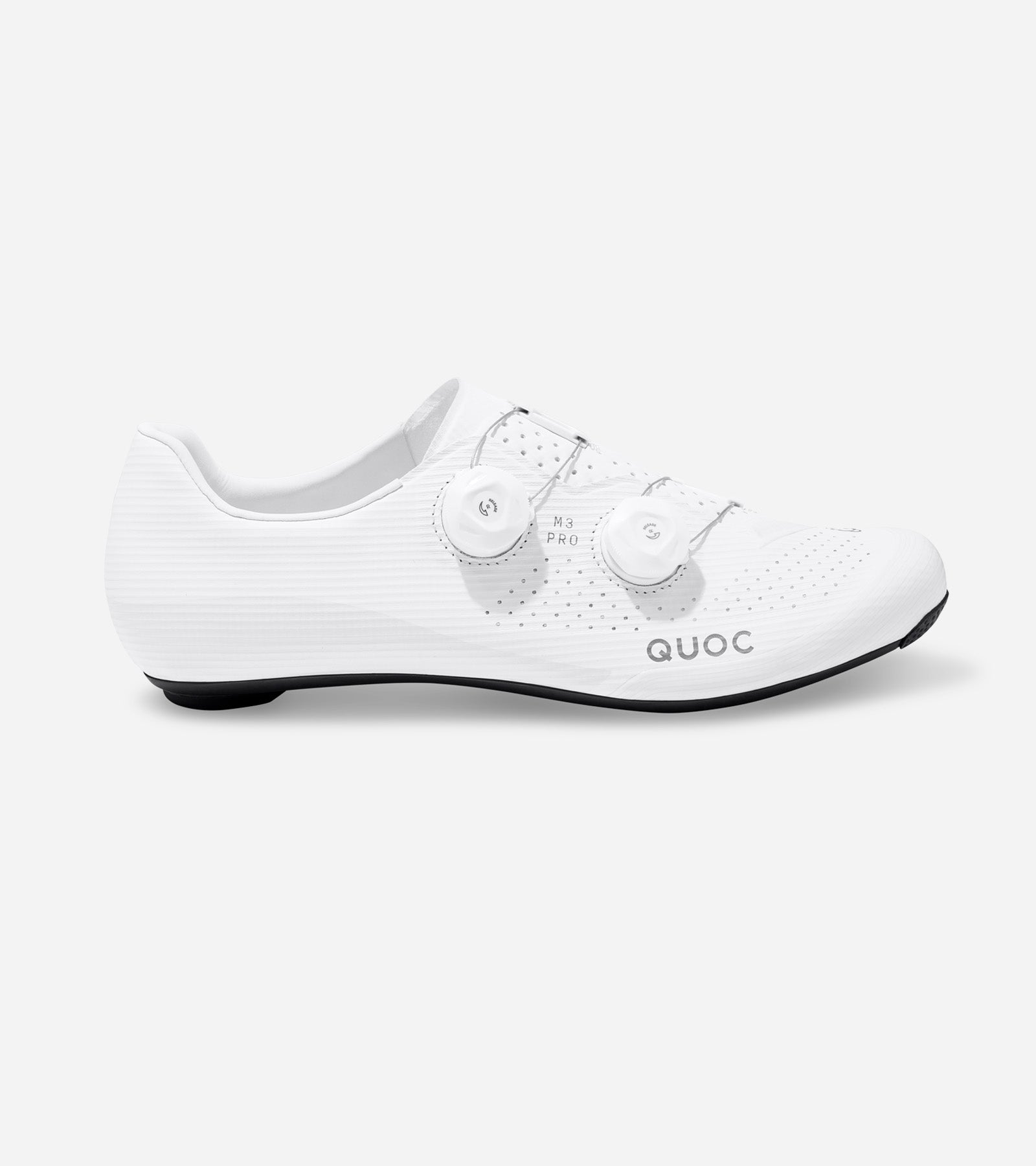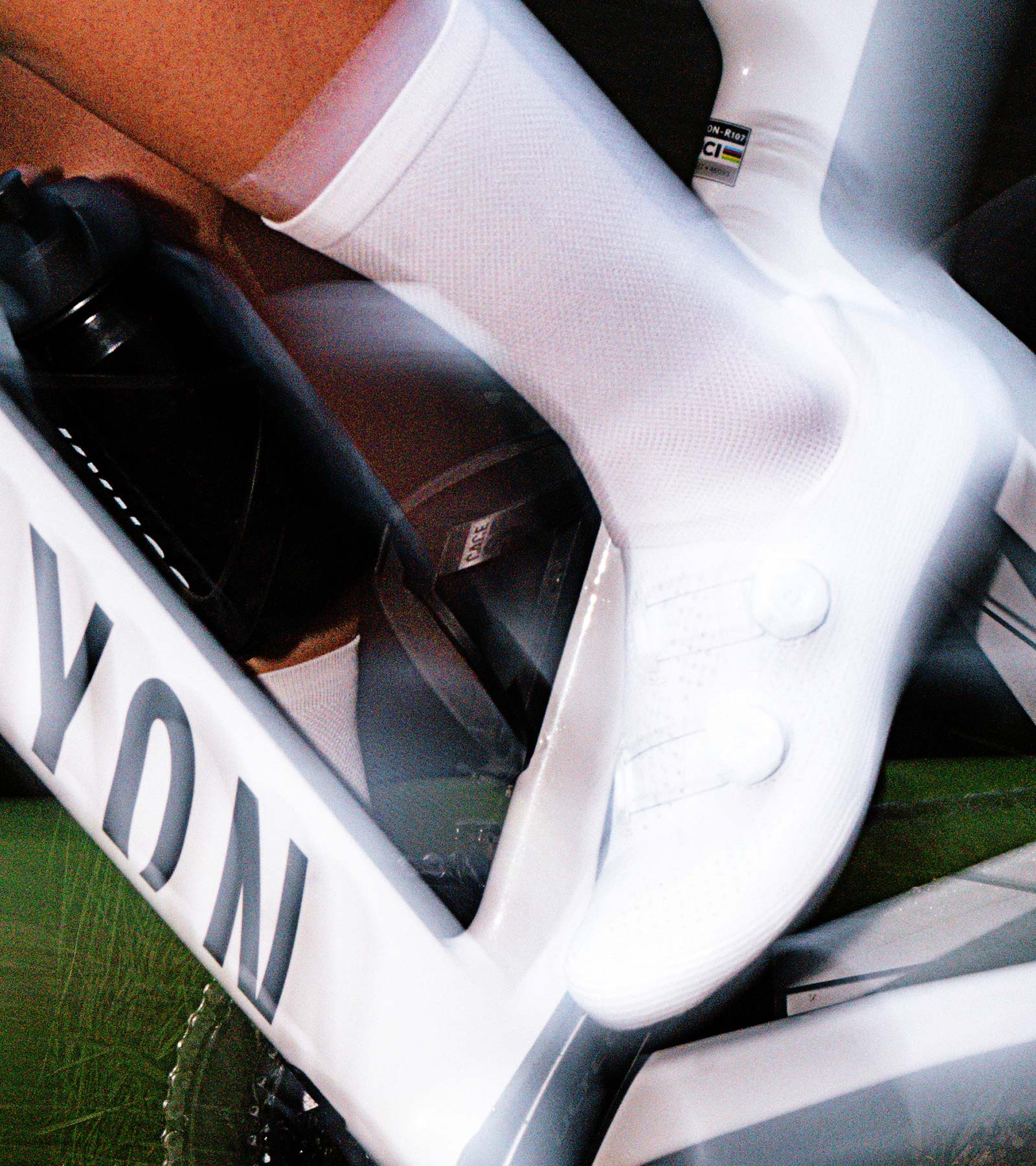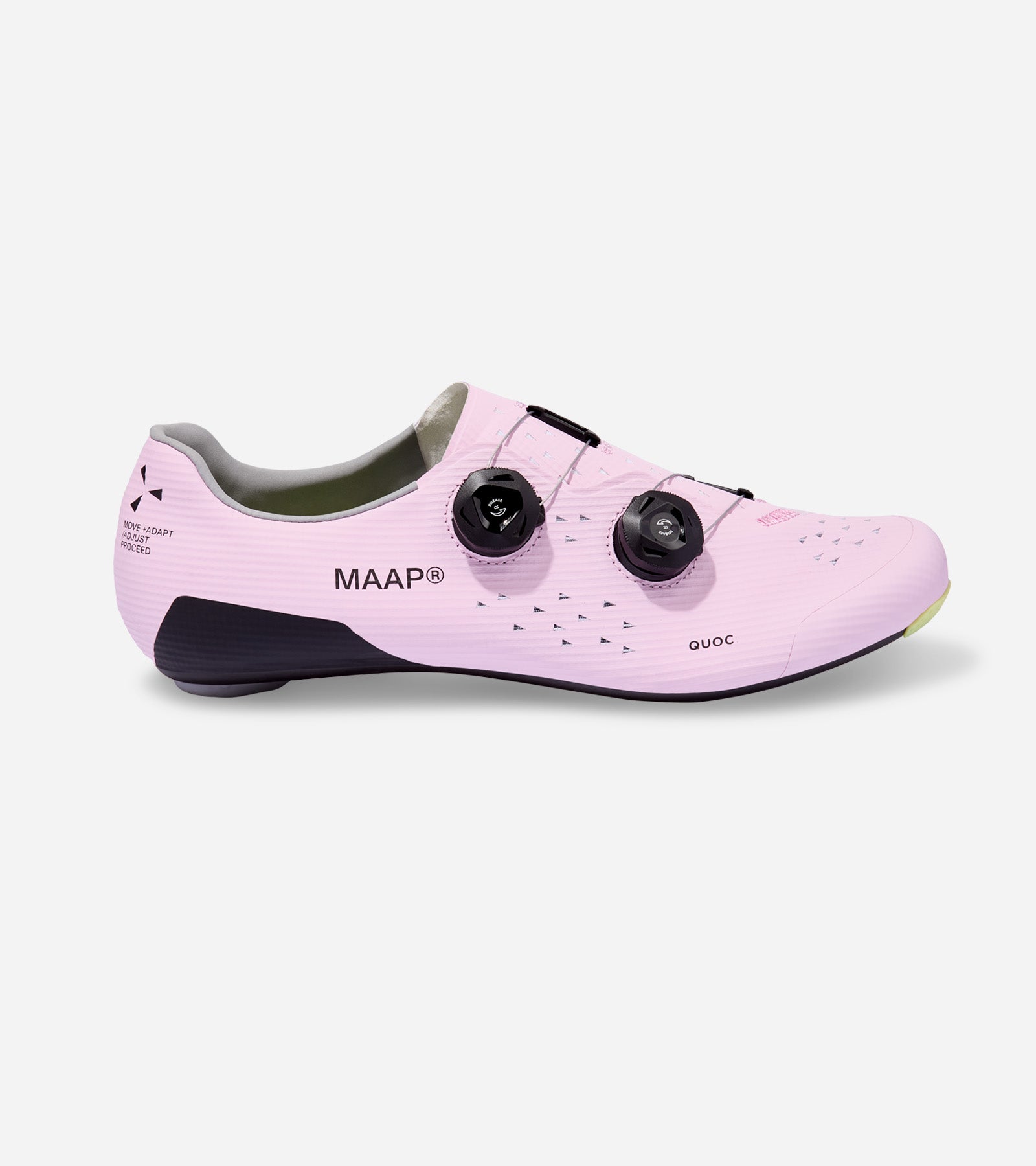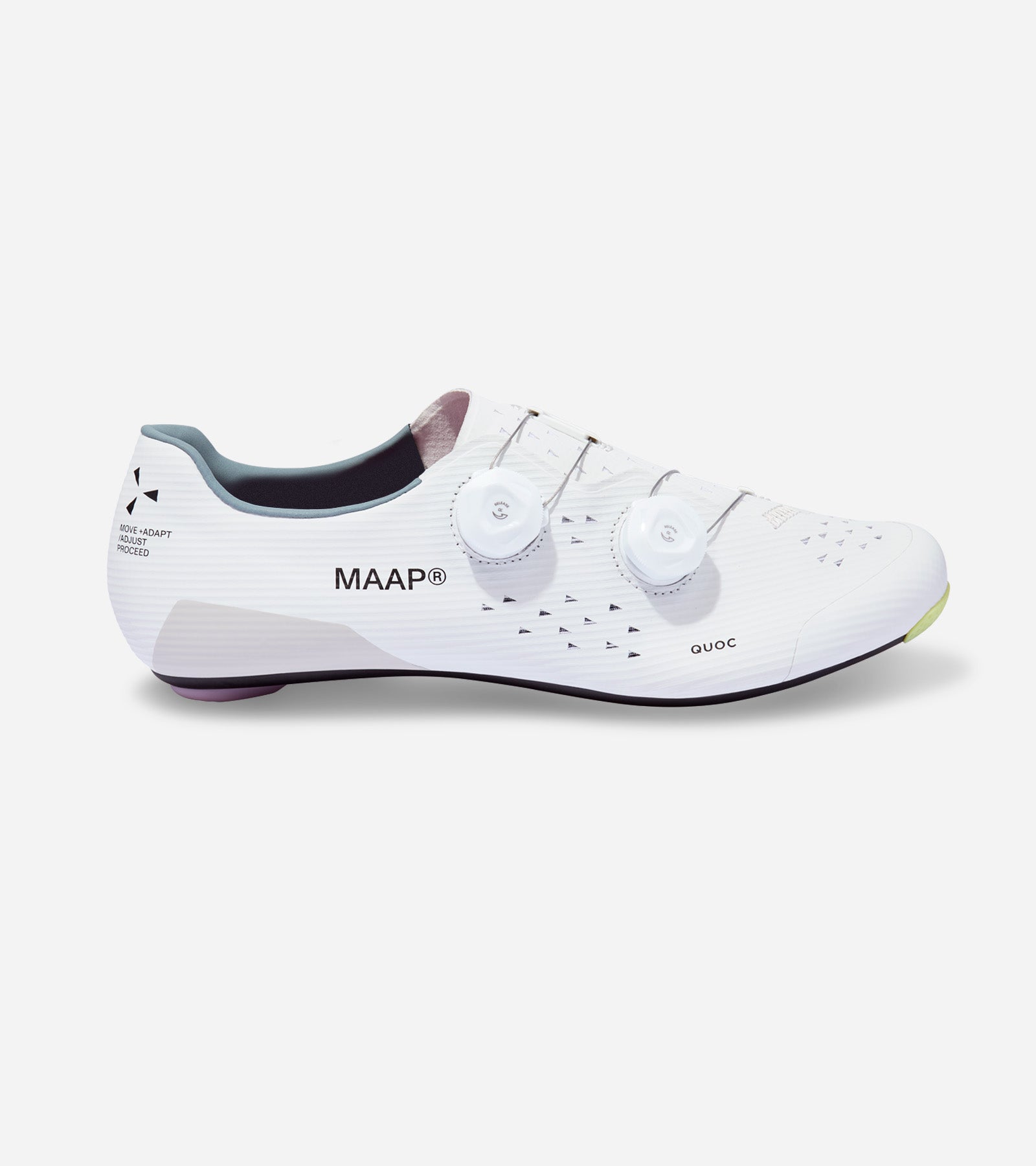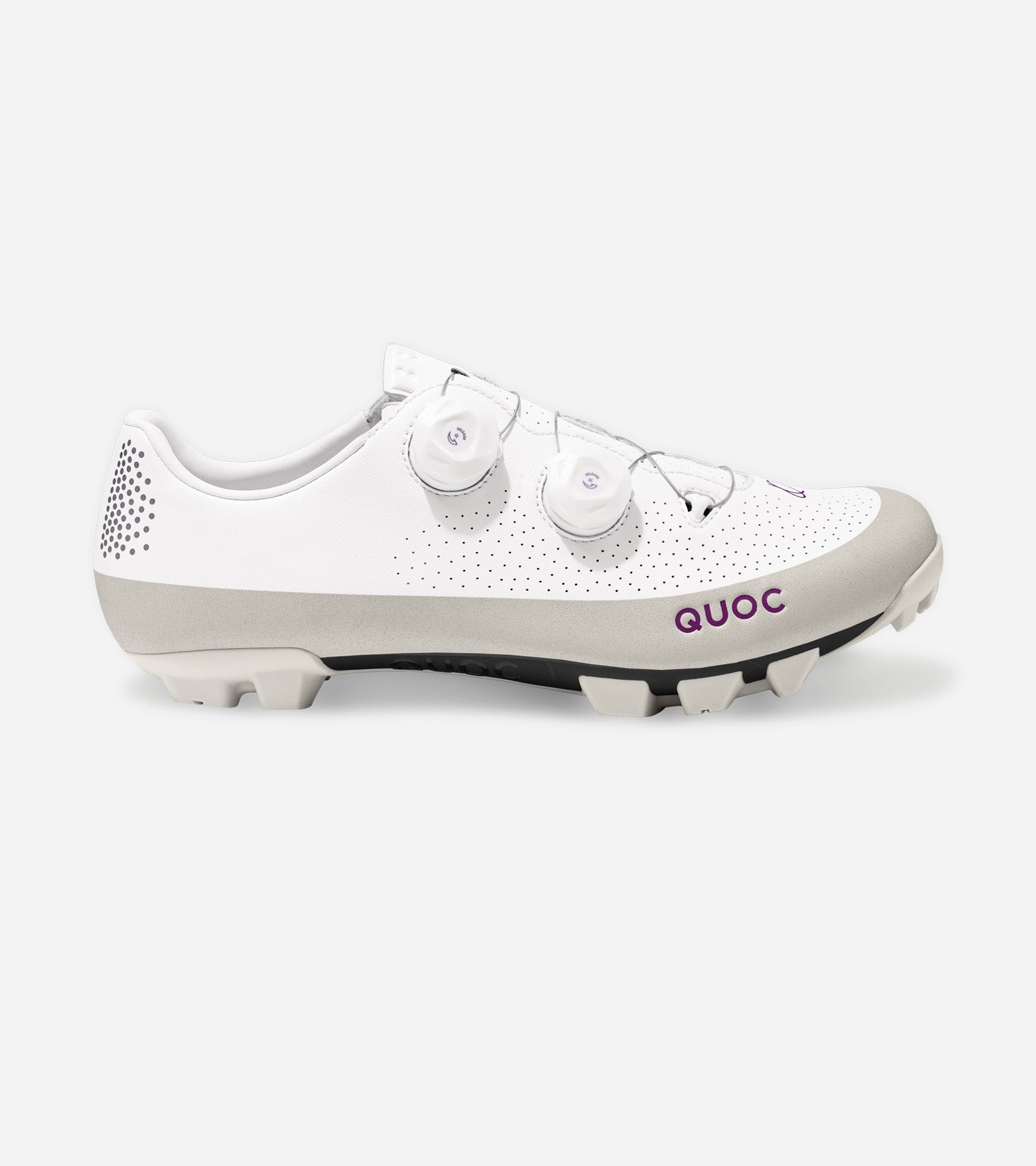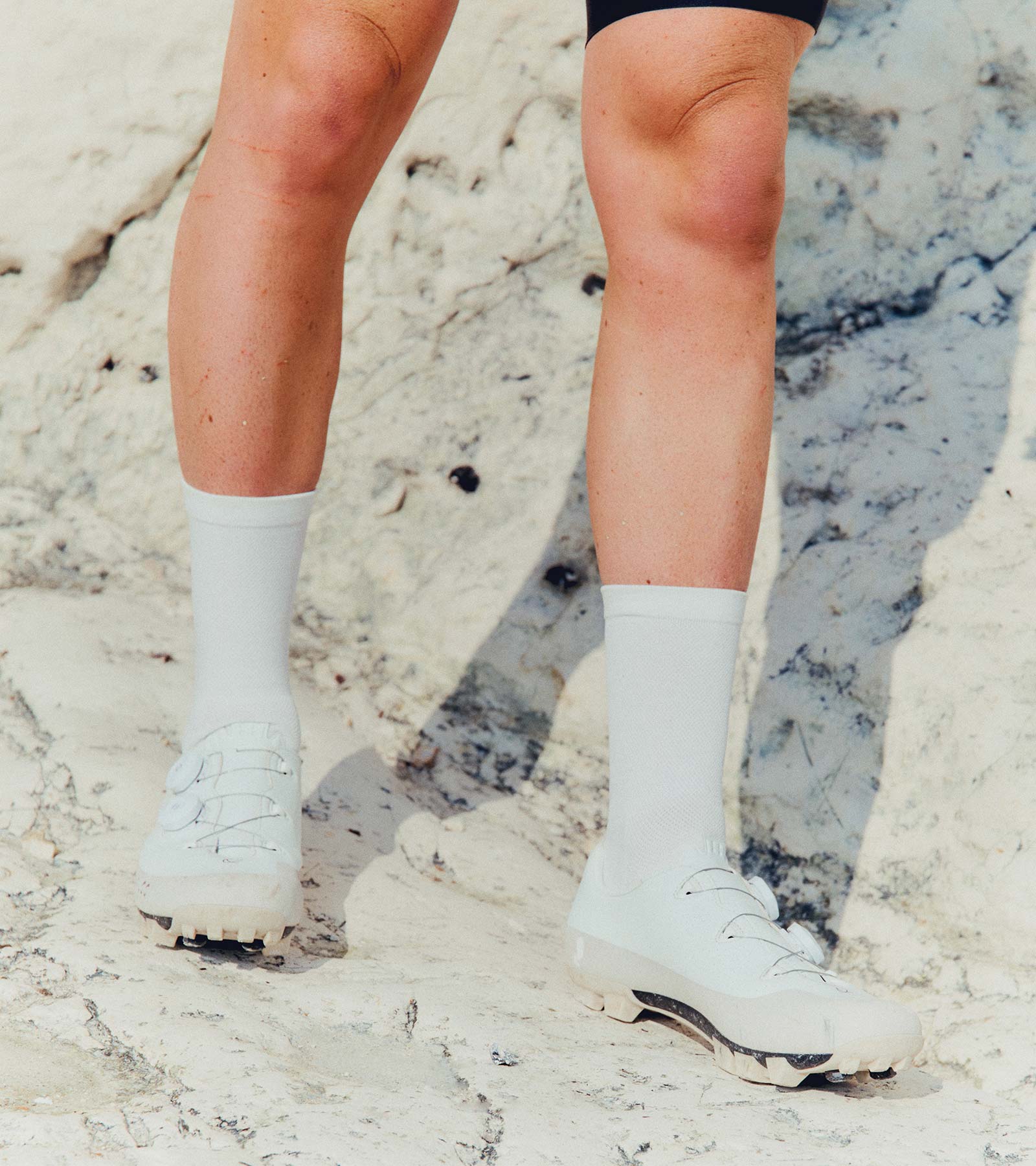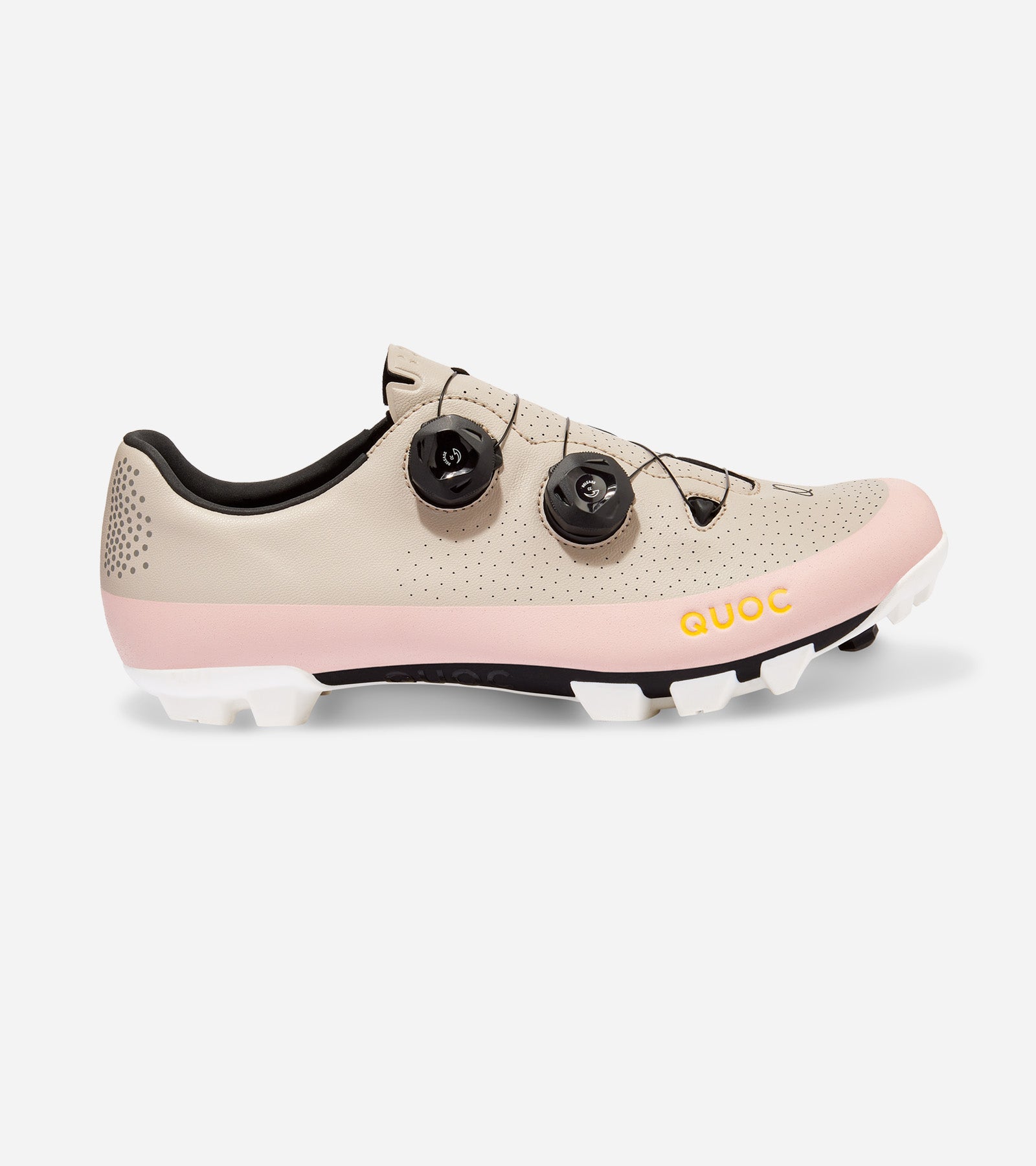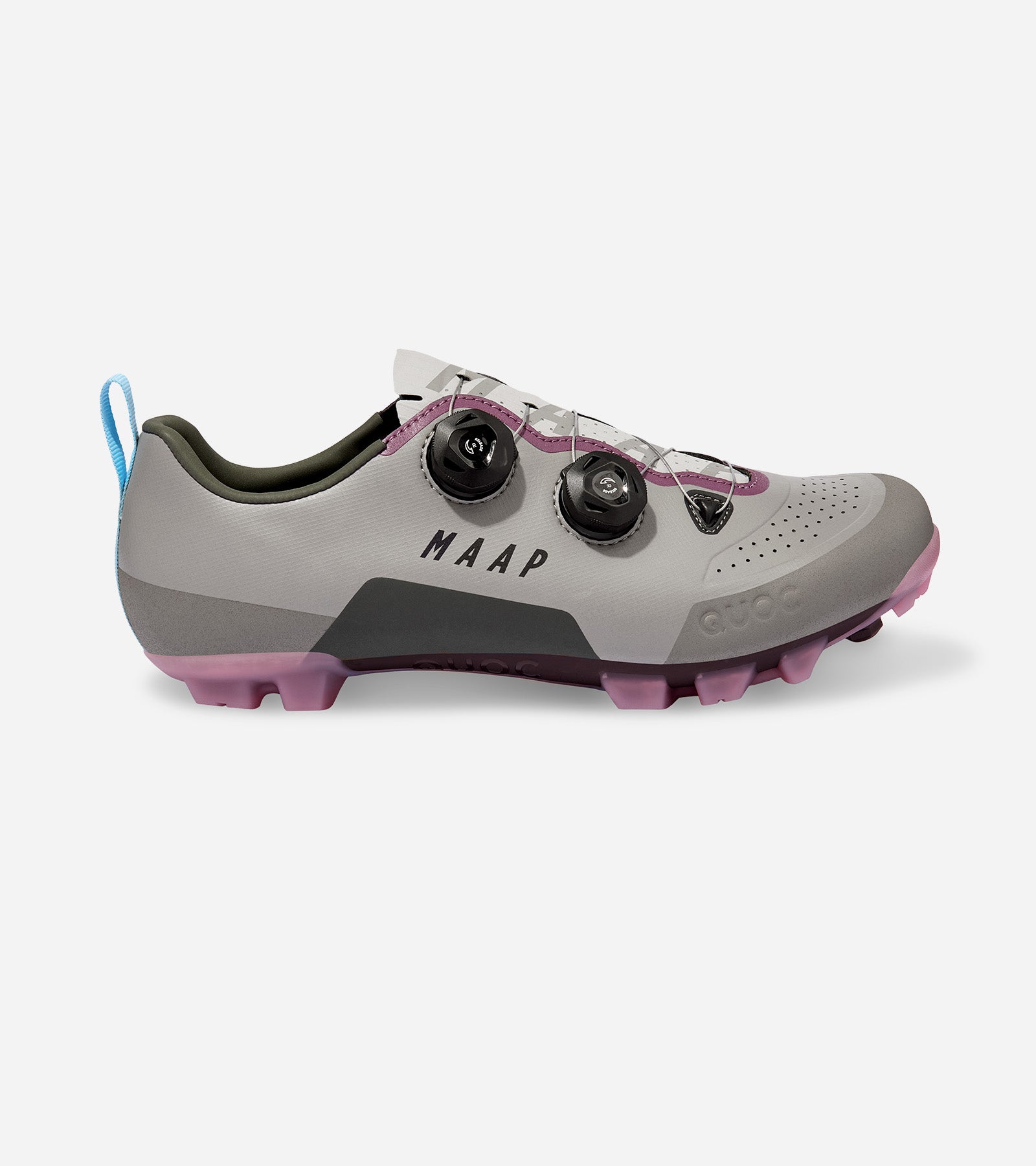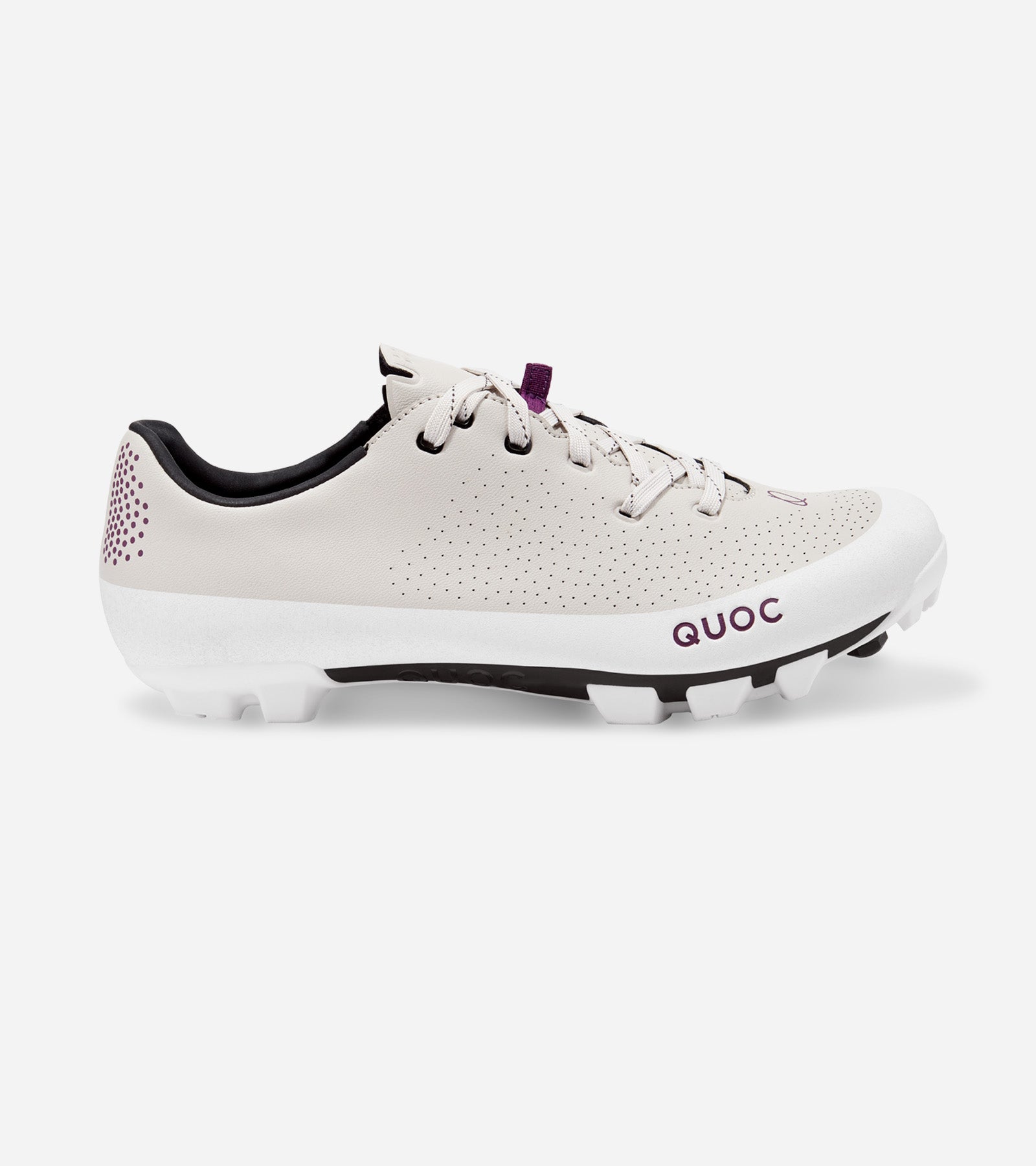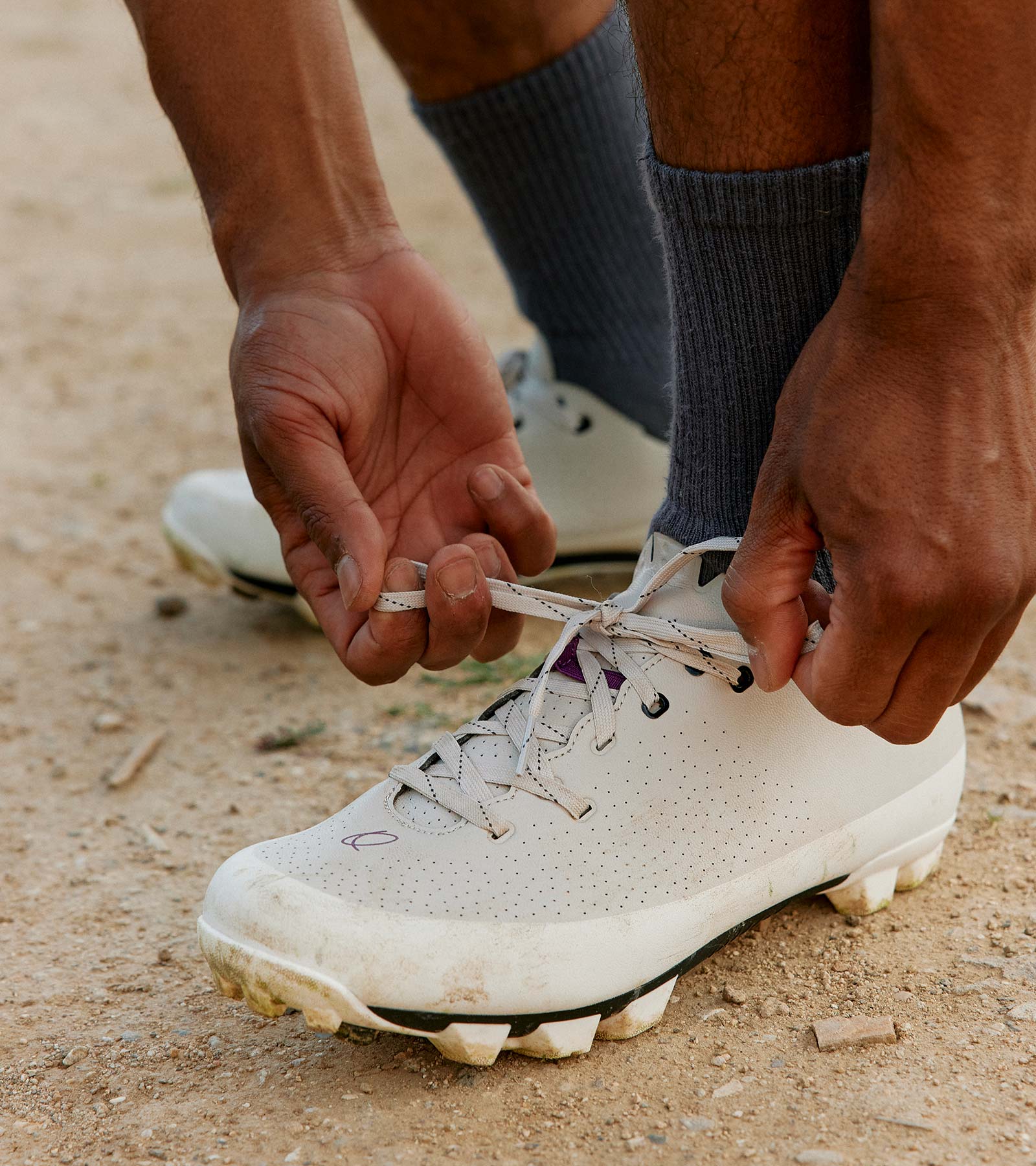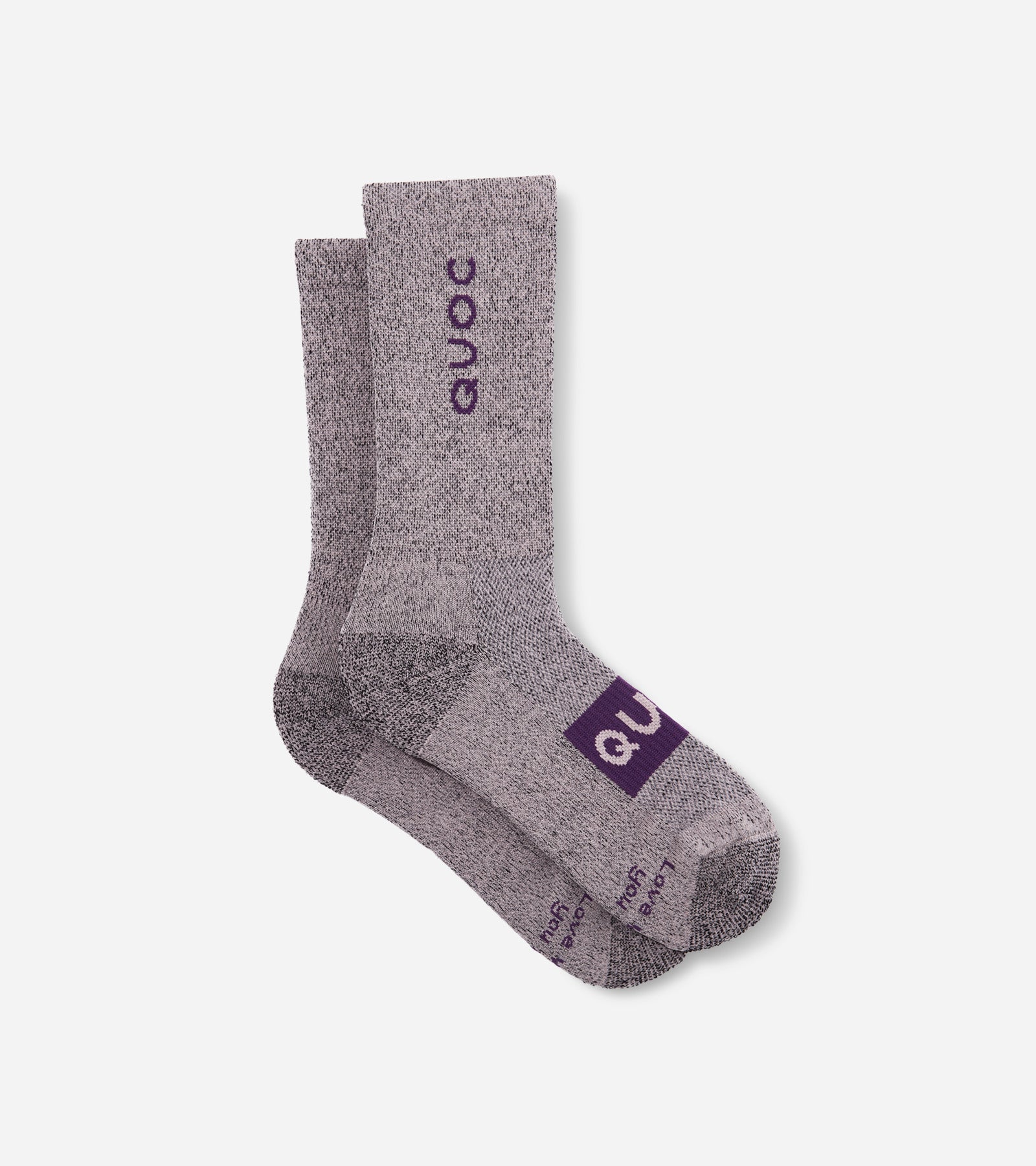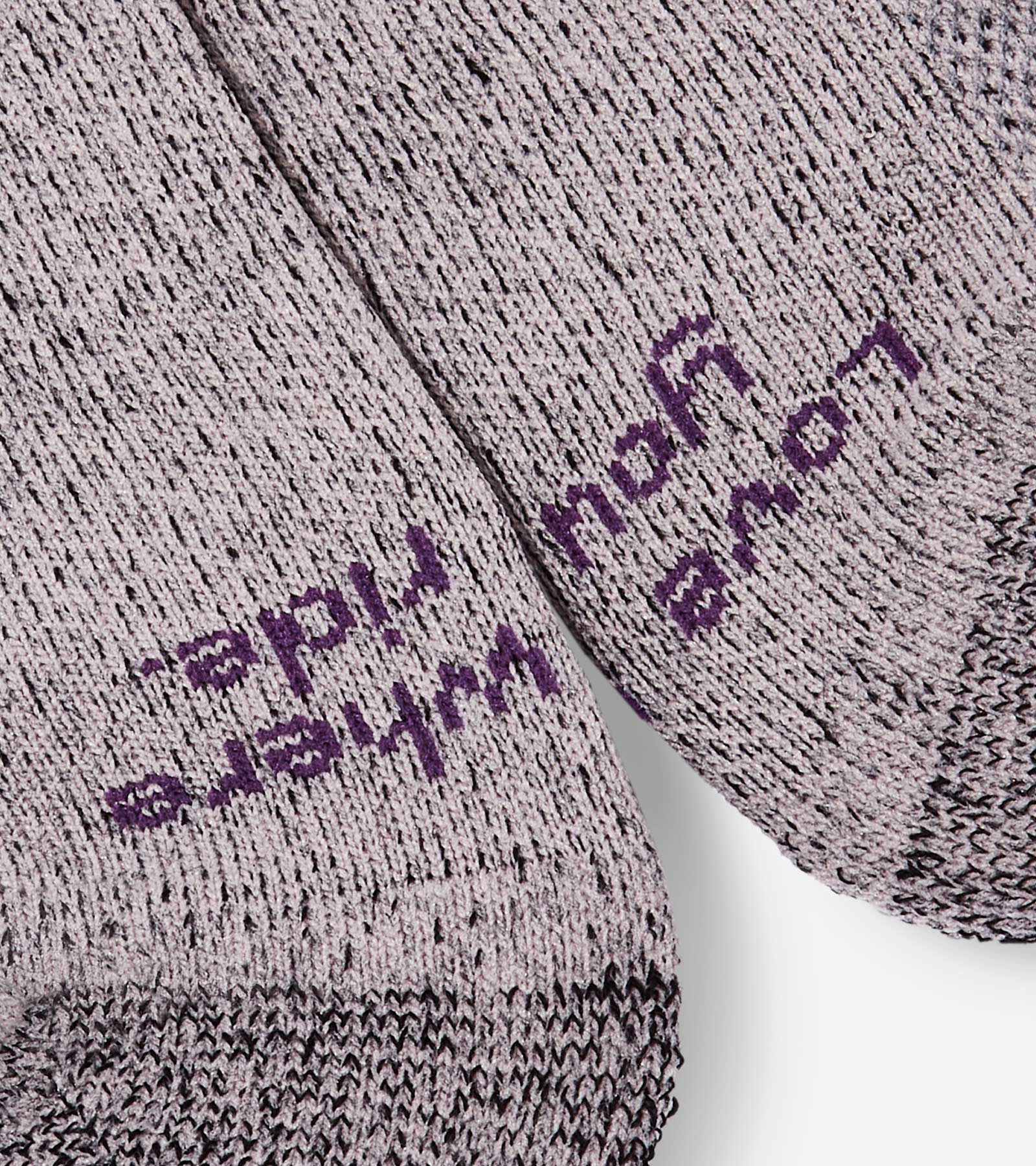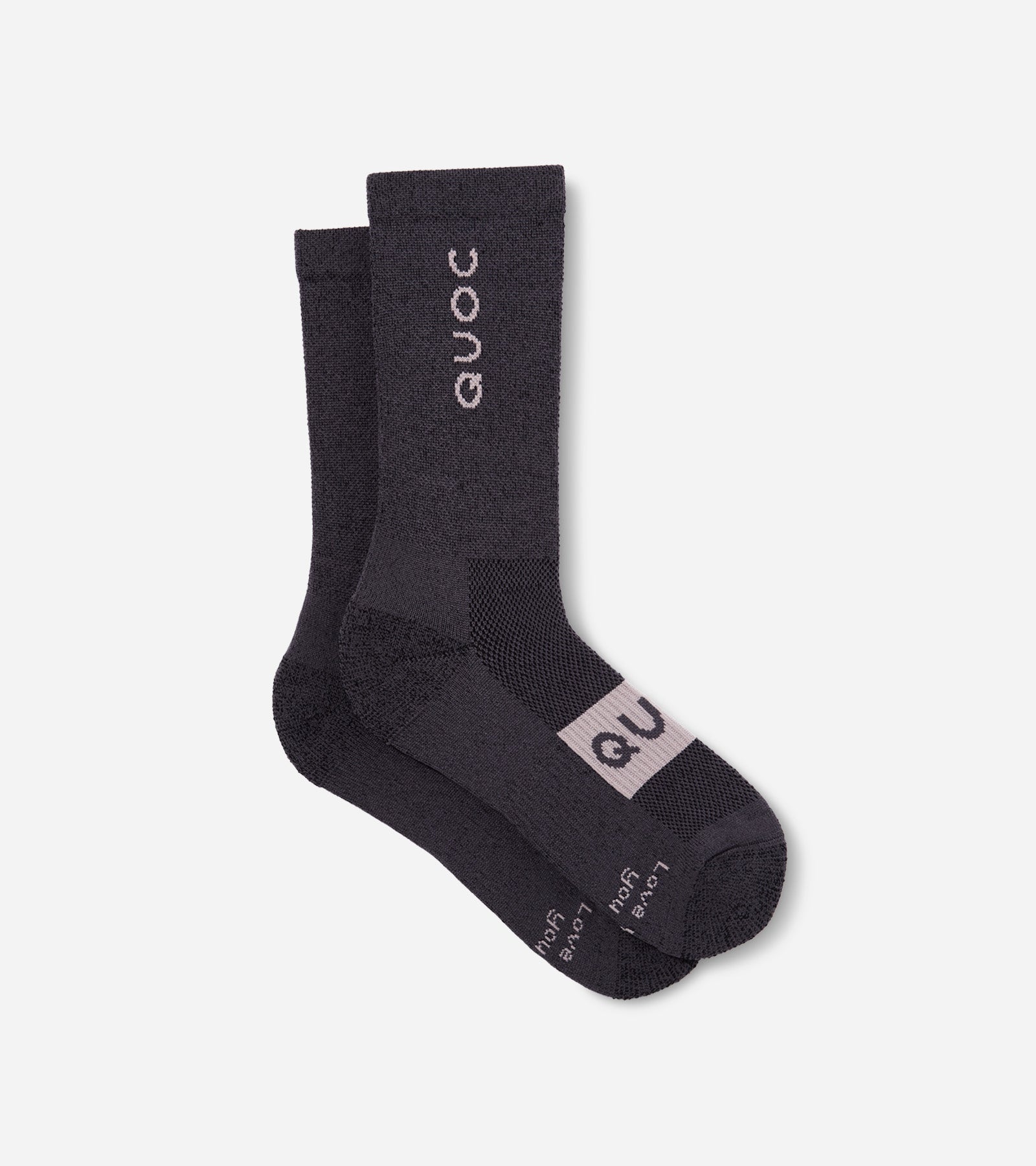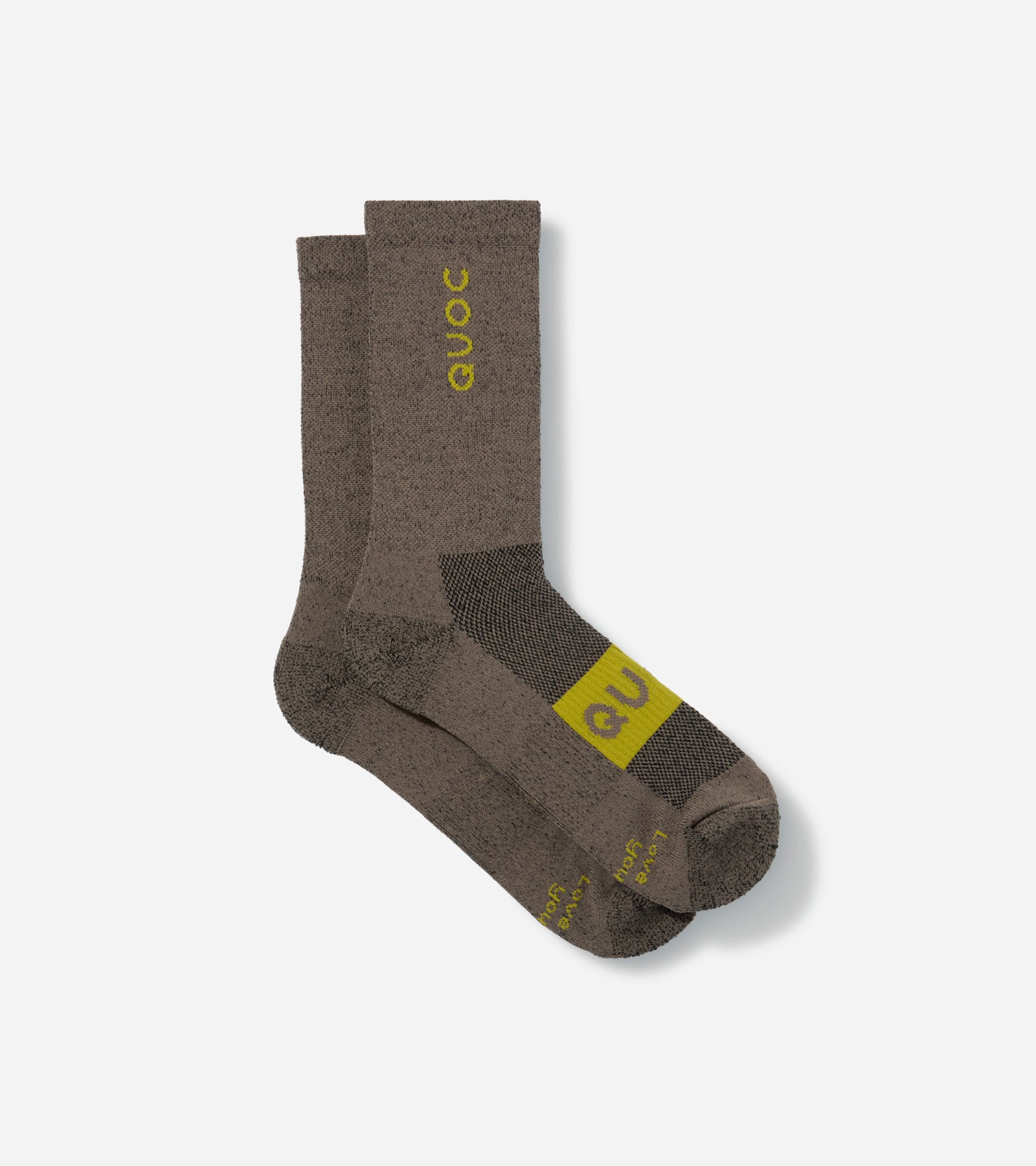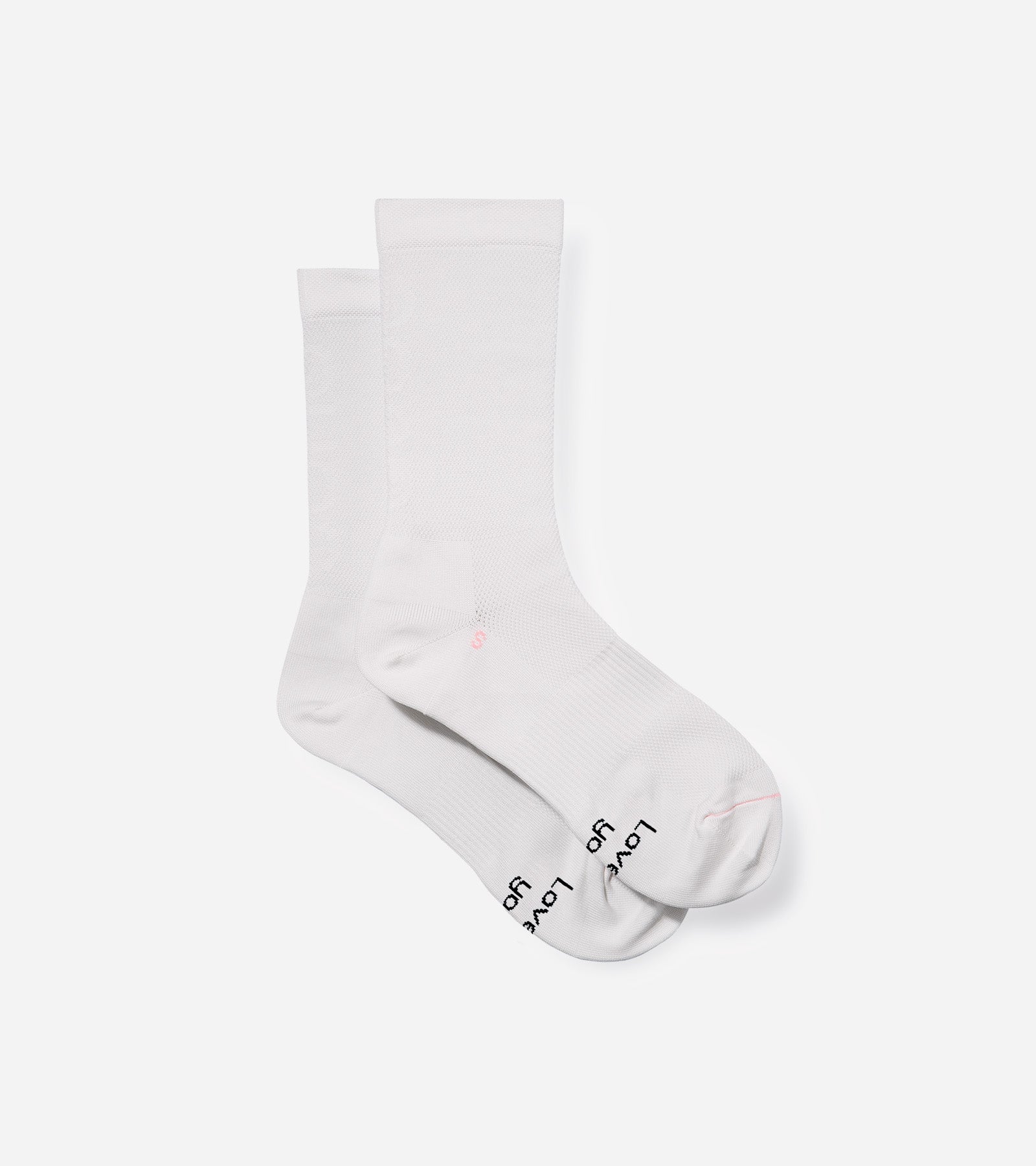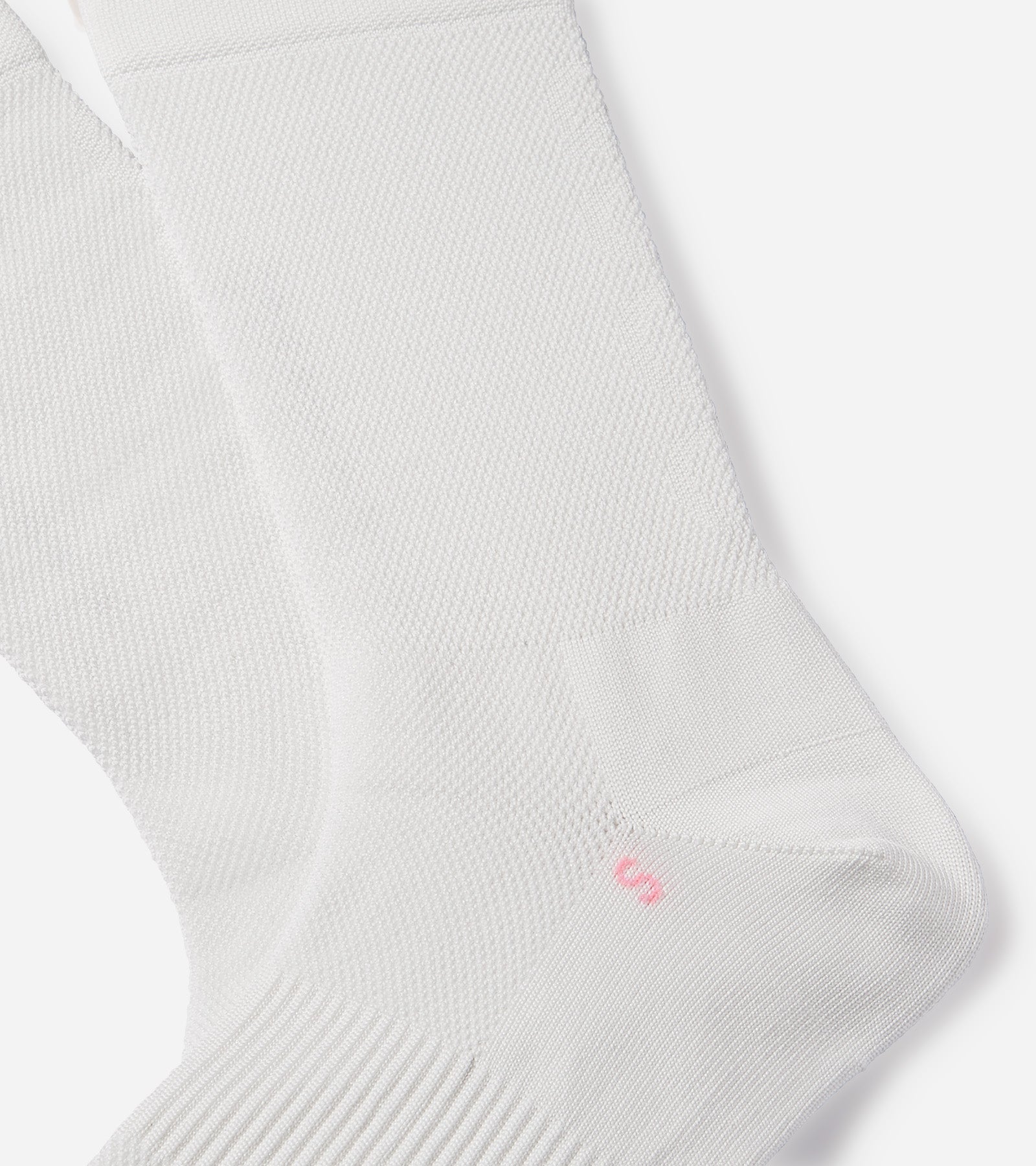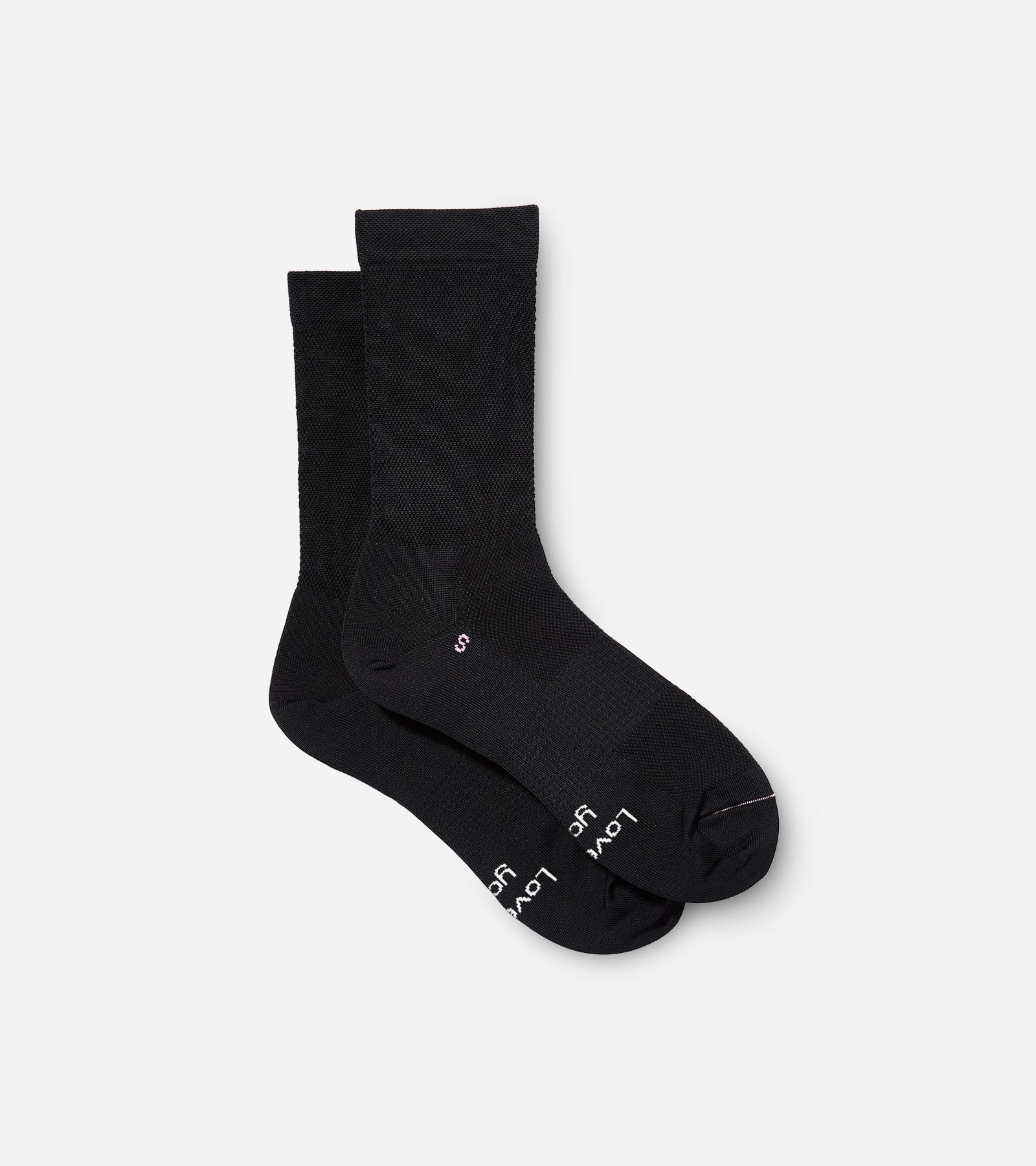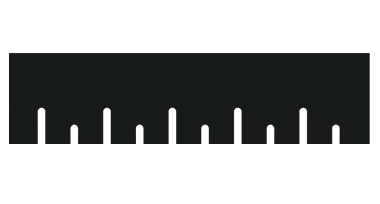Rob Britton: No Place Like Home
Intro: Fresh off a stunning victory at the gruelling Unbound Gravel XL, professional cyclist Rob Britton has proven his mastery over the world's toughest gravel races. But in August, he embarked on a journey of a different kind. This wasn't for a podium or a prize; it was a 2,400-kilometer, 9-day solo mission from his home in Victoria, BC, to visit his parents in his hometown of Regina, Saskatchewan. The expedition was powered by a deeply personal cause: raising funds for the Wirth Foundation, which provides accessible mental health counselling. We sat down with Rob to talk about the landscapes, the logistics, and the profound motivation behind trading the spectacle of competition for the quiet purpose of a personal pilgrimage.

An interview with Rob:
You called this ride, "Big Ride Home" Beyond the geographical meaning, what did "home" represent for you on this journey – was it your parents, your roots, or a sense of personal purpose?
For me, “home” wasn’t just one place. BC has been home for 20 years—it’s where I grew into the rider and person I am today, where my career took shape, where I found community and purpose. But Saskatchewan will always be home in the truest sense—it’s where I grew up, where my roots are, where my parents still live. So the Big Ride Home was both literal and symbolic: leaving the mountains and ocean of where I live now, and riding toward the prairies where it all began. It was about connecting the dots of my life—past and present.
Through this ride you raised over $9000 for the Wirth Foundation. Why is providing access to mental health support so personally important to you, and how did that mission fuel you on the toughest parts of the ride?
I’ve always believed mental health is as important as physical health. Everyone carries battles that aren’t visible, and sometimes just one counselling session can change a life. That’s why I set out to raise enough for 100 sessions—because access matters. On the darkest parts of the ride—when fatigue set in, when loneliness crept up, when my body wanted to quit—I reminded myself why I was out there. It wasn’t just about me crossing 2,400 km. It was about doing something that could help someone else in their hardest hour. That thought turned suffering into fuel.
“That thought turned suffering into fuel. It wasn’t just about me crossing 2,400 km; it was about doing something that could help someone else.”
- Rob
You’ve raced at the highest level and just won Unbound XL. How did preparing for and executing this solo, unsupported 2400km ride differ from your competitive goals?
Racing is structured—you’ve got tactics, rivals, feed zones, a finish line with a clock. This was the opposite. It was solo, (mostly) unsupported, unpredictable. There was no one to lean on, no one to draft behind, no race radio telling me what’s next. Every decision—route, food, sleep—was mine alone. It demanded a different kind of toughness. Not the sharp edge of competition, but the steady resilience to keep going when there’s no prize, no cheering crowd, just you and the road ahead. It was the biggest ride I’ve ever done, and in many ways, probably the most meaningful.
The route took you from the mountains of BC to the prairies. Was there a specific moment where you felt the transition from "being on the road” to "coming home"?
Somewhere in the prairies it hit me. The mountains were long behind me, the air felt familiar, and the horizon stretched flat and endless in a way only Saskatchewan does. I could almost smell the summers of racing mountain bikes as a kid and then the memories began flooding back. That was when I stopped feeling like I was just out on a ride and started feeling like I was heading home. It was no longer just about distance—it was about arrival.
“It was about connecting the dots of my life—past and present. Leaving the mountains... and riding toward the prairies where it all began.”
- Rob
You undertook this massive challenge alone. What goes through your mind during those long, solitary hours on the bike?
There’s a lot of noise in your head at first—pain, doubts, endless calculations. But after a while, it quiets down. I think about family. I think about why I’m out there. Sometimes I just let my mind wander to small details—the wind, the animals I see, the rhythm of my legs. There are moments of struggle, but there are also moments of real peace, where I feel totally present. Solitude forces you to face yourself, but it also gives you space to notice things you’d miss in the noise of everyday life.
Meeting your parents at the ‘finish line’ must have been incredibly emotional. Can you describe that reunion?
It wasn’t some big dramatic rush of tears—we’re just not that kind of family. But it was really special in a quieter way. A bunch of my family and friends came out, and riding past my childhood home, seeing old neighbours, rolling down the street I grew up on—that hit hard. The feeling wasn’t so much overwhelming emotion as it was this massive wave of nostalgia. It made me stop and reflect: how did I become the rider I am today, when I came from here? Leaving at 20, chasing a dream, and now returning a lifetime later—it felt surreal.
Having now experienced the focus of racing and the introspection of this charity ride, what has cycling taught you about mental resilience that applies to life off the bike?
Cycling has a way of stripping you down to the essentials. You learn quickly that resilience isn’t about never suffering—it’s about knowing suffering will come and trusting yourself to move through it. On the bike, you keep pedaling; off the bike, you keep showing up. I’ve learned that resilience is a daily practice, whether it’s facing a headwind or a hard day in life. And maybe most importantly—that asking for help and leaning on others isn’t weakness. It’s part of what makes us strong.
What is the next challenge you're eyeing up, and how will you carry the lessons from this ride forward?
I don’t know exactly what’s next, but I know it’ll be something that challenges me in a new way. Wins and results will always matter, but purpose matters more. This ride showed me that the most meaningful journeys aren’t about podiums—they’re about connection, about telling a story, about doing something bigger than yourself. Whatever comes next, I’ll take that with me.
“It was the biggest ride I’ve ever done, and in many ways, probably the most meaningful. There was no prize, no cheering crowd, just you and the road.”
- Rob

